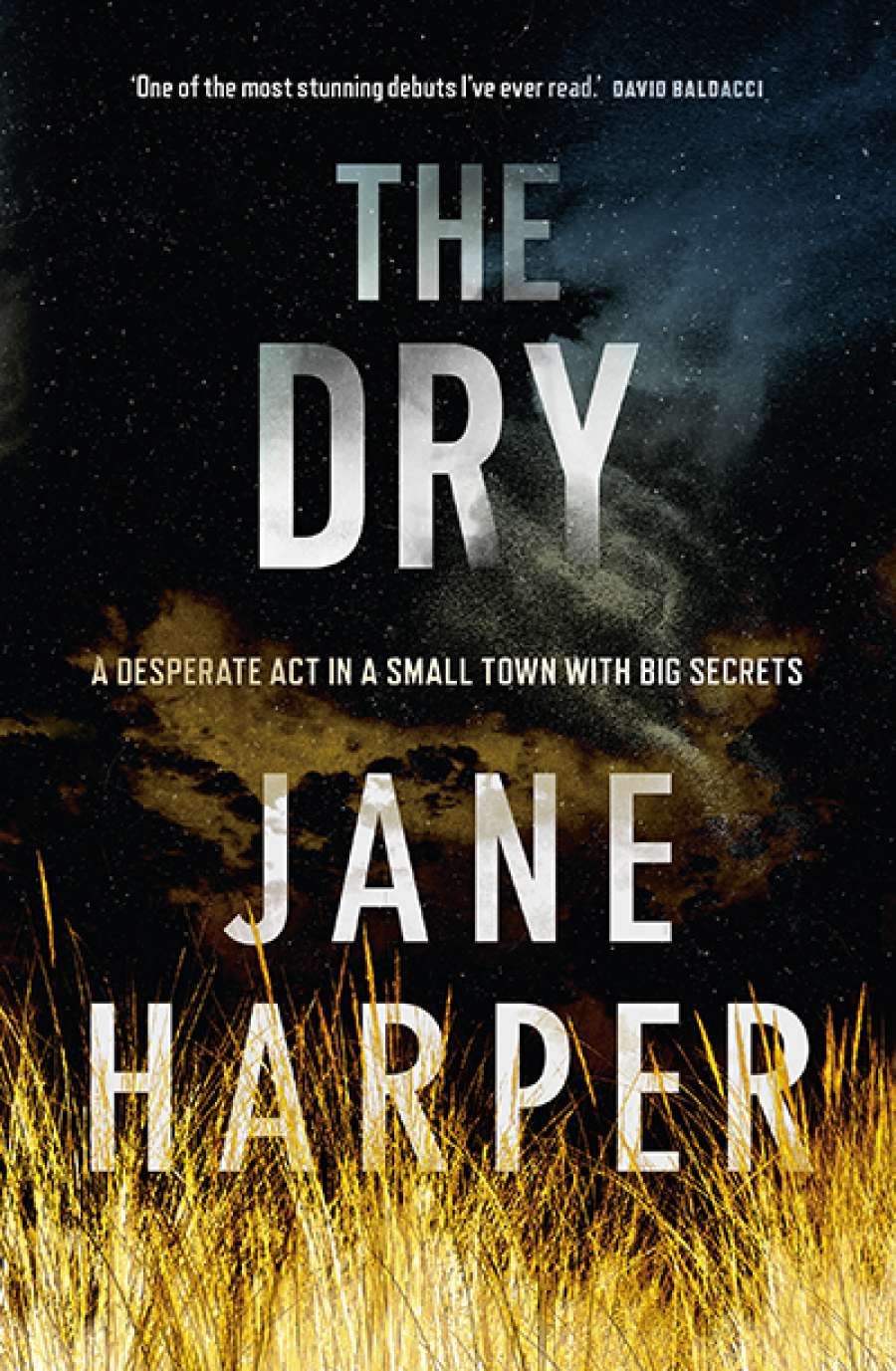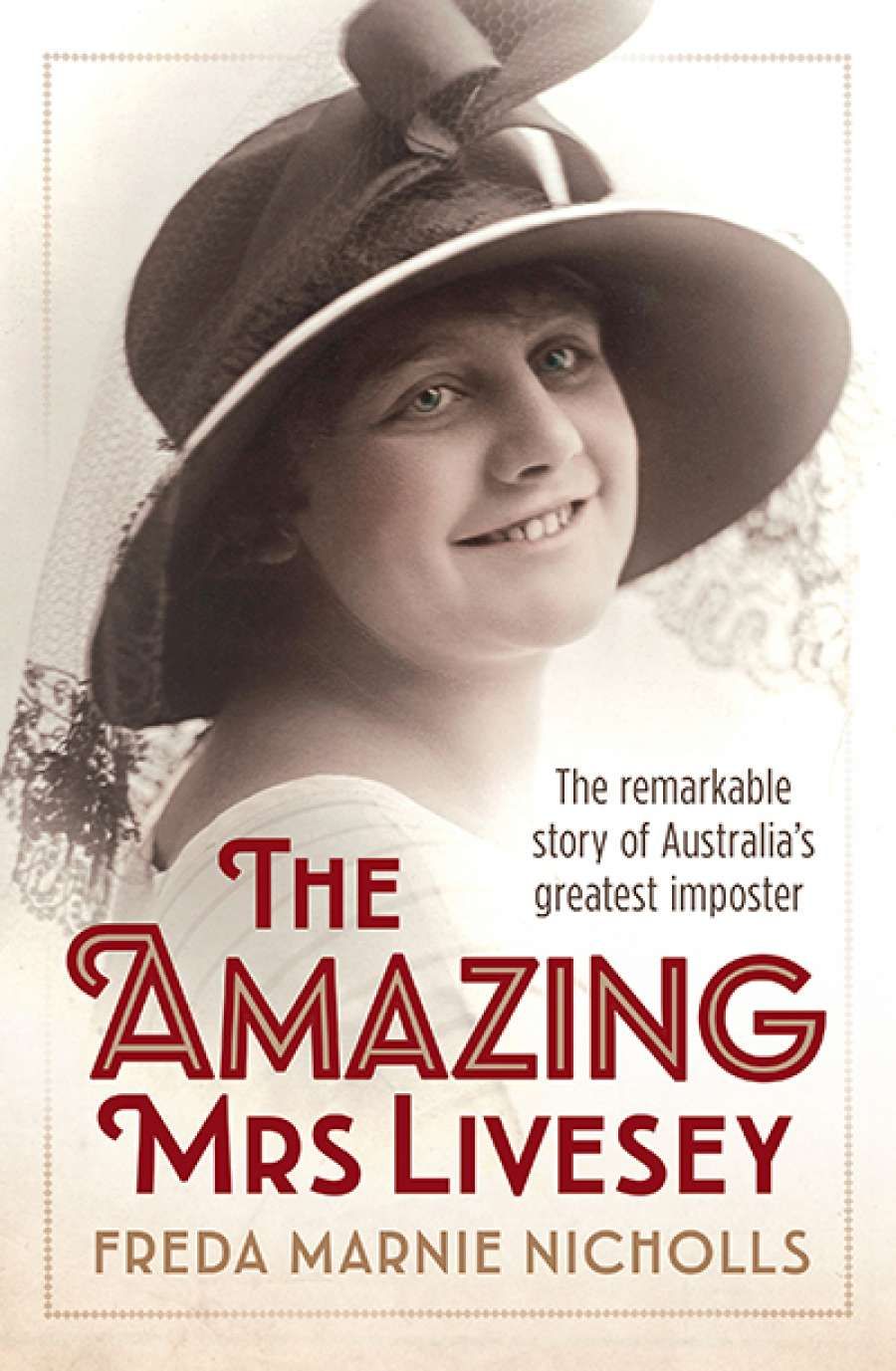- Free Article: No
- Contents Category: Calibre Prize
- Review Article: Yes
- Article Title: The Great Red Whale
- Online Only: No
- Custom Highlight Text:
The history of my onomastic apprehension and misapprehension about the big thing in the middle of Australia: It is called Ayers Rock. No, it is ...
The history of my onomastic apprehension and misapprehension about the big thing in the middle of Australia: It is called Ayers Rock. No, it is Uluru. I am pronouncing Uluru incorrectly. It is wrong to use the name Uluru. It's not even called Uluru anyway. I do not know what to call it.
Which is also my own progression, in microcosm: initial awareness; learning; evaluation and relearning; doubt and uncertainty; uncomfortable unknowing. The definite child who became an often adamantine young man has ceded the stage to a muddler who knows less each day. An experience far from unique that could be styled, beautifully, as 'through infancy's unconscious spell, boyhood's thoughtless faith, adolescence' doubt ... then scepticism, then disbelief, resting at last in manhood's pondering repose of If'.
That is Herman Melville, in Moby-Dick. The first time I read his mad swirling novel was in Darwin. It was a hardback edition with thick deckle-edged pages that seemed to swell in the humidity. Now it travels with me as an eBook. There is no rule that says your vade mecum cannot be digital. I am reading it now on my tablet in the shallows of a central desert summer, bewildered by the reverberance between the novel (so capacious it felt like traversing a new land) and the landscape (as overwhelming and provocative as any novel).
That is what you want to write. An elegant piece bouncing coincidences between the two monoliths, book and rock. Deft and resonant.
I travel to the Centre a few times every year. Sometimes I arrive in good shape. Not always, and not now. Where I stay has no television, no radio, and the internet is intermittent. This is a good thing. When I've been in the city, sometimes, listing like a ship in a storm, timbers groaning, coming apart at every nail – the central desert can be safe harbour. I spend time near the great red rock, and it usually helps. If you are seeking an anchor, you may as well make it a big one.
I call the rock The Rock. Or nothing. The other day I asked one of the most senior traditional owners what she calls it. She said 'puli' – Pitjantjatjara for a rock or a hill. That is, any rock or hill. I said whitefellas like me think we are doing the right thing by calling it Uluru, and I was careful to pronounce it correctly, stress on the first syllable, tongue towards hard palate for the retroflex 'r'. She didn't say anything, just laughed. It sounded like wind through spinifex. She is an important woman, not old in Western terms, but her health is failing. She now lives in aged care. Telling me about it, she rubbed at a place above her heart.
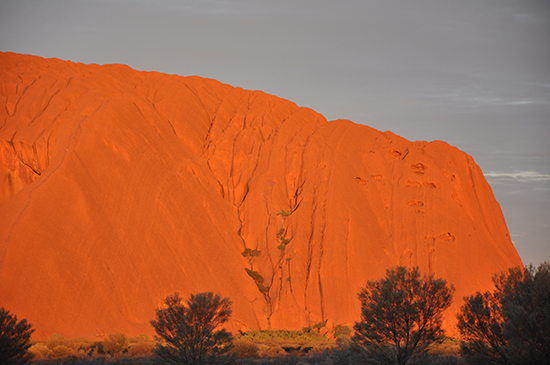 Uluru, 2009 (photograph by Michael Winkler)
Uluru, 2009 (photograph by Michael Winkler)
The man I ask when I want to know things explains that the word Uluru is not used because it is 'Kunmanara', being the name of the dead father of another traditional owner. (When a person dies, their name becomes Kunmanara for an amount of time, meaning it is culturally inappropriate to use. How much time? That is a perfect whitefella question. The perfect Anangu answer is, 'an amount of time', although that would never be explicitly verbalised, but conveyed by a shrug or a few words that say without saying.)
The people and the land are indivisible, but this anabranch is not where you want to paddle. Plus, a trillion words have been written about white excursions into black Australia. It's the big story of this country, yes, but it's beyond passé.
It seems, however, that Uluru is not the name of The Rock anyway. I think I have been told where Uluru actually is. If that information is correct, it is a specific place not much bigger than a blanket. Is it possible that at some future time I will find out that this is also incorrect? Yes, it is more than possible. I have learned to understand knowledge – leastwise, my knowledge – as malleable, slippery, temporal. As far as I can ascertain, there are some very important sites at The Rock, but all in all it is only reasonably significant to Anangu. There are places to the west and the south that are more important, and it is a source of surprise and relief to Anangu that millions of visitors funnel in to look at the big red icon and leave more sacred areas relatively well alone.
The local kids call the tourists who climb The Rock 'ants'. I don't know if it is because they look like ants as they climb, or if it is an expression of contempt for outsiders making the ascent in direct contravention of clearly articulated Anangu wishes. I doubt the kids have contempt for ants – they certainly like eating honey ants – but I am frequently surprised by the terms they use when slinging off. When they see 'ants' on the rock, they often give a short laugh. Do I know what these Pitjantjatjara-speaking teenagers are thinking? No, I haven't a clue. What I do know is that they belong here, without contradiction, and they know they belong.
John Lardner wrote that French-Senegalese boxer Battling Siki, 'lived as a man without kin or country, roots or guides, and that, it seems to me, is a hard way to do it'. Siki lived on three continents and won a world title before being murdered at twenty-eight in 1925. I have moved little, geographically or otherwise. And yet. I grew up in a small town where I was intermittently unhappy. I was born in a different small town. Neither is my home. My identity existed more in my head than in relationships, except with my family. When I was twenty, deracinated in Sydney, almost inert, someone organised for me to see a psychiatrist. The original diagnosis, schizophrenia, was corrected the following year to endogenous depression, an old term for an old affliction. The schizophrenia designation never tallied with the way I understood myself, but of course that could have been an artful contradiction inherent in that mendacious illness.
However, the word 'depression' was a snug fit. Hard to believe now that the idea of depression as a definable condition was foreign to me then. I knew the term 'nervous breakdown' from childhood, knew it was something pitiful and maybe shameful, and had never drawn a connection to myself. But depression sounded right, a fitting word for the drab remorseless bastard that was throttling me. John Cade, the giant of Australian psychiatry, called depression 'the most painful illness known to man'. It is not a contest; I do not need my pain to be worse than yours. But as with many sufferers, my pain has intermittently seemed unendurable. I nod knowingly when Captain Ahab begs, '"can ye smoothe out a seam like this, blacksmith", sweeping one hand across his ribbed brow; "if thou could'st, blacksmith, glad enough would I lay my head upon thy anvil, and feel thy heaviest hammer between my eyes."' I have spent half of my life on medication, a peculiarly modern experience. I am one member of a strange and growing troupe that has not previously existed: those who might not be alive save for psychopharmacological intervention.
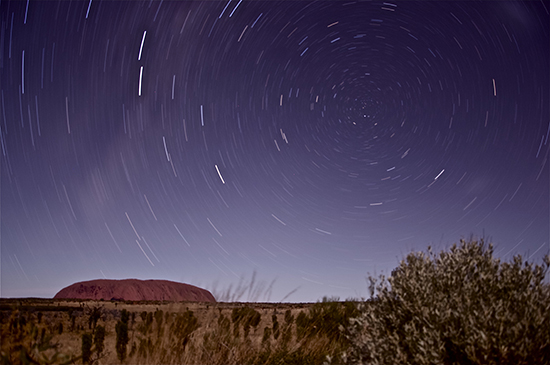 Uluru with star time-lapse (photograph by Michael Winkler)
Uluru with star time-lapse (photograph by Michael Winkler)
Okay, so now this is about your madness? Everyone you know has either suffered from, or cared for someone with, mental illness. Perhaps the only topic more clichéd than traversing Australia's interior is traversing the interior of your own diseased mind.
I have had psychotic episodes where I have lost all knowledge of who I am. Those periods without any concept of self are my personal definition of horror, reminiscent of something David Foster Wallace wrote in a different context: 'the oblique terror of a game whose rules are unknown and its stakes everything.' I was a religious teenager, and when I lost that belief I invested heavily in politics as a source of guidance. That faith proved even flimsier. My outlook now is bewildered agnosticism about most things, a workable standpoint when my mind is right, but dangerously rootless when the winds of insanity are blowing.
So your own psychotic episodes revolve within the greater wheel of existential ambiguity. Surprising you haven't contrived it the other way round. You are dancing swiftly towards the grandiose.
Perhaps it is not my outlook alone. I meet a number of whitefellas (the Pitjantjatjara 'Piranpa' is a gentler word) who feel the same equivocation about their place in this country. I was born here, I am not leaving, but it does not belong to me by birthright. When I am grasping for something firm to hold onto, a fixing point of identity, I cannot cling to my country. While I care deeply about Australia, I don't like our flag or our anthem or our jingoism. Nor do I rally to cries of Reconciliation – a nonsense, since there was no conciliation in the first place. My attachment to Australia is a deeply conflicted affair, brought into sharper relief by spending time with Anangu near The Rock, amplifying my feelings of simultaneous connection and disconnection.
Can we leave the abstract and revisit The Rock? If you are making this about place, at least try to give a scrap of it.
In the accidie of a central desert December, not much moves. A few slow vehicles. Maybe the tittuping head of a gecko or a central netted dragon. The heat is remorseless, but I am hoping it will cauterise my illness. While the coast is traditionally associated with renewal, the tidal flush-clean, there is an ancient time frame here, deep geological time, which says: even you can be remade; it will only take forever.
That is the fibre of hope that, along with the clever concoctions of Pfizer and Eli Lilly and others, keeps me vertical. Where does hope come from? The same place as the legless lizard, the gracefully swaying desert oak, the colours in the dirt at either end of the day; which is to say, I have no answers.
Late in his life, Manning Clark wrote, 'Sometimes when I stand in the Australian bush on a clear windless day, I am visited with strange thoughts ... I wonder whether I belong ... I am ready, and so are others, to understand the Aboriginal view that no human being can ever know heart's ease in a foreign land, because in a foreign land there live foreign ancestral spirits. We white people are condemned to live in a country where we have no ancestral spirits. The conqueror has become the eternal outsider, the eternal alien.' I accept the incorrect diagnosis of schizophrenia because the schisms in my self must have been so prominent. The psychiatrist mapped the terrain accurately, but placed it on the wrong continent. As within, so without. Divisions, fissures, disruptions, contradictions. It is a perverse twist that the people most truly citizens of this country have a less-than-equal place in the body politic. Conversely, someone like me, replete with personal and political power, remains an intruder in the land of my birth.
Toula Nicolacopoulos and George Vassilacopoulos have analysed this disconnectedness: 'Unable to retreat from the land we have occupied since 1788, and lacking the courage unconditionally to surrender power to the Indigenous peoples, white Australia has become ontologically disturbed.' They argue that, 'the white Australian national imaginary has produced a story through which to "restore" the ontological balance of white Australian being and to alleviate the anxiety associated with its onto-pathological condition. This is the story of "the perpetual-foreigner-within".' This tallies with my field observations, but it also speaks to the bifurcation within my own self.
So, a shimmy from the personal to the universal, with yourself neatly foregrounded. It is fine to tear your hair in public, but is there anything you are prepared to give? Manning Clark also wrote, 'we must become assimilated or live the empty life of a people exiled from their spiritual strength'. What a wild idea, that a member of the dominant group should submit to assimilation.
I have worked in Indigenous-linked areas for most of this century without edging closer than the periphery. I am and am not the species that academic Emma Kowal calls the 'white anti-racist' (WAR), endemic in the remotest parts of the continent. (Her chosen term chimes with that coined several years earlier by Teju Cole, 'The White-Savior Industrial Complex'. Cole's devastating critique was, 'All he sees is need, and he sees no need to reason out the need for the need.' If he spent some time with Australian WARs, I have no doubt Cole's X-ray mind would ascertain the inner need that propels these bleeding hearts.) I care, and I despair, but have never truly put my self on the line. I was convinced and disheartened by Peter Sutton's arguments in The Politics of Suffering. Sutton called the welfare-manic blandishments of the well-meaning 'a sustaining fiction, one perhaps defended at times on the grounds that the masses cannot handle the subtlety of the truth and are inclined to simplicitudes.' I now believe that do-gooders like me are undermining Indigenous agency. My people are hugging those people to death.
And yet, there are still children eligible for schooling, old people wanting medical care, a bulk of Indigenous people who want to intersect with non-Indigenous Australia right now. Who am I to argue that their current needs are less important than the possible improved outcomes I privately think can only be achieved via separatist, even oppositional, Indigenous efforts? There is a vast mob of well-meaning non-Indigenous individuals proliferating in remote Australia, and I sense that most of them suffer from disconnection with the land, or their upbringing, or their peers, or themselves. They seek meaning in being needed and overt helpfulness. Kowal argues that their number and influence is increasing, that 'this unadulterated remedialism, this quest for equality without ambivalence, is on the rise'. Forever off balance, we are prey to the capriciousness of prevailing Indigenous sentiment. I almost found it funny when I heard that some Anangu are asking businesses at Yulara resort to show respect and stop using the word Uluru.
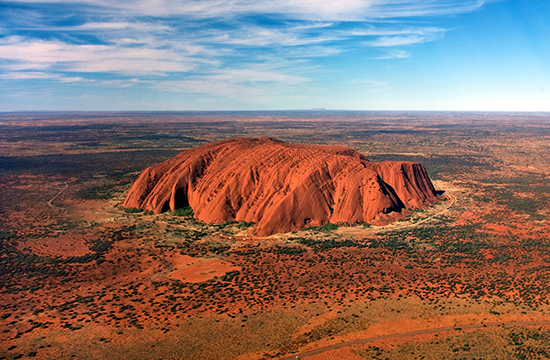 (photograph by Corey Leopold via Wikimedia Commons)
(photograph by Corey Leopold via Wikimedia Commons)
This is the wrong place to go back to Melville, but wish you could somehow reflect here your man Ahab: deranged, yes, but such enviable single-mindedness and self-containment. 'The path to my fixed purpose is laid with iron rails, whereon my soul is grooved to run. Over unsounded gorges, through the rifled hearts of mountains, under torrents' beds, unerringly I rush! Naught's an obstacle, naught's an angle to the iron way!' Ahab would not have been a WAR.
A handy technique when cooking lungkata (blue-tongued lizard) is to make an incision and pull the creature's skin over its body until it is inside out. It is a simulacrum of the contortions performed by WARs like me, for whom giving offence is the least forgivable sin. I have relationships with a number of Indigenous people, but not one is an equal and reciprocal friendship. I am hired help. I am careful with my language. That is my choice, and if it is a 'price' I am paying for my privilege, it is preposterously cheap – but I should not delude myself about my motivations, or my emotional proximity.
When Gary MacLennan and Maria Mitropoulos charted what they called 'the differentiated Other' in non-Indigenous Australians' apprehension of Indigenous Australians, they included sub-categories like Comical, Resented, and Pitiable, but also Exotic, subdivided into Erotic and Fascinating. Nicolacopoulos and Vassilacopoulos observed that, 'White Australians typically insist on knowing more about the Indigenous other' and titrated what they call 'a triple act of displacing, claiming and denying ... the act of displacing the Aboriginal other generates an infinite distance between the (white) knowing subject and the Indigenous other, a distance that the knowing subject perpetually aspires to traverse'. I recognise that aspiration but – at least for me – the journey is Sisyphean.
It kills you, doesn't it, that there's something you can't have. Possessed of every privilege, you are used to recognising your desires, then framing strategies to satisfy them. But you'll never be indigenous to this land, no quantity of gold or guilt or good deeds can buy that connection, and in your guts you know this is plain unfair.
The first time I read Moby-Dick I did so out of a sense of obligation. It would probably be an error to go through a lifetime without reading it. It has cachet. Likewise, intersections with remote communities. Well, it's nice to be able to say you've done it. It positions you beyond a certain ignorance threshold – and those who have never entered remote Australia need never know how peripheral the experience of 'interaction' might be. Nor will they guess the extent to which it involves unfulfilled desire; just because I will never have knowledge or understanding or deeper relationships does not mean the longing will be erased.
I remember one of my early interactions with the locals. I had been talking, in a misfiring, one-sided way, to a group of kids. The oldest lad waved his hand at me and shouted 'Ara, Puulanya!' The other boys screamed with laughter; fluency in Pitjantjatjara is not required to translate children's malicious glee. 'Ara' is roughly 'Piss off', a term habitually hurled at dogs. My friend, who speaks the language superbly, said 'Puulanya' maps into English via 'puula', which means fat and is derived from the word 'ball'.
It didn't hurt my feelings. It just reinforced that I don't really belong here and never will. Central Australian psychotherapist Craig San Roque has written of 'the interactions of two cultures that don't have the slightest notion of how to deal with each other's presence'. That is it, exactly, and goodwill is insufficient motive force to leap the chasm.
The profound field observations you recount, pith helmet jauntily askew! No one might know that your most common 'conversation' with Anangu involves you bellowing 'Palya', one of the handful of words you know, while grotesquely mugging goodwill – to which the response is most oftentimes a desultory 'Palya' or no words at all. Unless there is a painting to sell, when the exchange will be longer and less happy. You claim your eye has sharpened for central desert art, but all you've actually learned is that the true meaning of many paintings is that they represent the sort of paintings that are likely to be purchased by the sort of people who purchase paintings by Anangu artists.
There is still the land, and while it is not mine I am permitted to walk in it. Melville noted, 'Sands immense / Impart the oceanic sense', and the central desert feels limbic, even so far from the littoral. The rock is more than 600 million years old and originally sat at the bottom of the sea. Notwithstanding ideas implanted by reading Moby-Dick, there is something curiously oceanic about the topography in general and the geology specifically.
Just on the community side of the Mutitjulu waterhole, a jutting section looks like a sea creature, perhaps a dolphin, conceivably a whale, including an eye and mouth. Then again, maybe it looks like a hawk or a handsaw. The brain seeks familiarity, eschews ambiguity. When I see The Rock from a distance, slowly turning in my vision as the road planes in and away, I can see a dugong, a dolphin's head, and a rumpled walrus. I do not see any land animals.
The object that is not called Uluru stands 348 metres high and is 9.4 kilometres in circumference, but all we see is a nub; most of it is underground. Subterranean metaphors abound, but Melville cautions against them. 'So ignorant are most landsmen ... they might scout at Moby Dick as a monstrous fable, or still worse and more detestable, a hideous and intolerable allegory.' In truth, The Rock forbids it. It is sui generis, fulfilling what Nicolacopoulos and Vassilacopoulos call the 'seminal desire for unmediated embodiment'.
There is a long and interesting document which details precisely which parts of The Rock should and should not be photographed. Accountable bodies such as government departments tend to abide by these rules, but of course visitors never do. It seems pitiful, that they travel from all parts of the globe to be with The Rock but then waste their time trying to photograph it. No photo, ever, has captured its immensity and grandeur and strangeness. But being photographable is a key part of its function as 'Uluru' – a modern economic commodity. It is freighted with cultural value and history, but in the capitalist twenty-first century the primary importance of these intangibles is enhanced dollar-worth. A tick on a bucket list, an image on a tea towel, an advertising go-to, an object to point a camera towards; it takes effort to move beyond that. Perhaps these time-poor tourists are trying to make meaning with their iPhones and long-lens SLRs, just as I impatiently try to make meaning from my fundamentally baffling intersections with the locals. I sense they are failing just as utterly.
This is fair, but perhaps note that your own experience is not universal. Your friend the language wizard has deep, complicated, rewarding relationships with Anangu and always will. Other Piranpa have friendships and connections with varying degrees of complexity. You, for whatever reason, are at the far end of the continuum, possibly because you want something you cannot have – such as the message, 'You're different; you're okay; you can belong.' Another sustaining fiction.
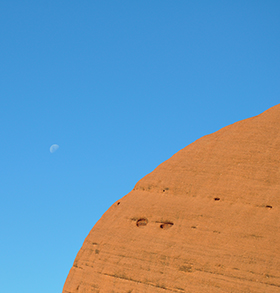 Kata Tjuta, 2009 (photograph by Michael Winkler)The Rock's patina, iron oxide, beguiles me more than any fussy Etruscan pot. The extraordinary H.H. Finlayson was facing west to Kata Tjuta when he wrote, 'In the finished symmetry of its domes it is beautiful at all times; but now the sunset works upon it a miracle of colour, and it glows a luminous blue against an orange field, like some great mosque lit up from within.' That captures the wonder of The Rock's interplay with sunlight too. Finlayson said that weathering of the surface had produced 'grotesque shapes'. I see them as subtle lacunae that hide the light or catch water. I love the long dark worry lines that slant top to bottom and the tumid upper corners pushing out into the blue air where the eye expects to see the surrender of tapering. I can look and look. Everyone can. Finlayson: 'Whatever their past history may be, the two great rocks in their present aspect may well stand as symbols for the land itself: huge; red; bizarre.'
Kata Tjuta, 2009 (photograph by Michael Winkler)The Rock's patina, iron oxide, beguiles me more than any fussy Etruscan pot. The extraordinary H.H. Finlayson was facing west to Kata Tjuta when he wrote, 'In the finished symmetry of its domes it is beautiful at all times; but now the sunset works upon it a miracle of colour, and it glows a luminous blue against an orange field, like some great mosque lit up from within.' That captures the wonder of The Rock's interplay with sunlight too. Finlayson said that weathering of the surface had produced 'grotesque shapes'. I see them as subtle lacunae that hide the light or catch water. I love the long dark worry lines that slant top to bottom and the tumid upper corners pushing out into the blue air where the eye expects to see the surrender of tapering. I can look and look. Everyone can. Finlayson: 'Whatever their past history may be, the two great rocks in their present aspect may well stand as symbols for the land itself: huge; red; bizarre.'
There is reassurance in standing before something bigger than yourself. Part of the painful process of losing religious belief is giving up the sensation of being small in the presence of something large. It is one of our first surenesses – the comparatively great size of our parents' bodies holding our own when we are tiny. It happens with great art, music, and literature. Awe can zig to awesome or zag to awful, but it is a state we crave. Melville argued that, 'Though we know the sea to be a everlasting terra incognita, (through familiarity) man has lost that sense of the full awfulness of the sea which aboriginally belongs to it.' The insouciance of the sentiment seems affected, an attempt at old-salt swagger. I don't think he believed his own words. Even today, in the age of GPS and Google Maps, you can be thoroughly lost on land or sea.
Not that Anangu can be lost around here. You must recall travelling in a ute over remote hilly back country with some old women who almost certainly had not been there for some time. They not only sang the land, but accurately foretold every bend and dip in the track. San Roque wrote that for Indigenous Central Australians, 'humans are the custodians and perhaps incarnations of that which exists in the geographical sites. It is the site which makes and remakes the human mind.' I know this from Anangu, but can it be true, however superficially, for me?
It occurs to me that the idea of escaping myself in the outback is not new. I was born in a red-dirt town, so perhaps it was something conferred through imprinting as an infant, or maybe the bush novels I read as an adolescent. I recall now something I had presumably forgotten, should have forgotten: an in-class essay on the innovative topic, 'Where would you go to get away from it all?' I wrote poetically and I hoped persuasively about a fantasy of working along the dingo fence, not encountering another human for weeks on end, labouring from before dawn until after dusk, body screaming from toil, while the remorseless sun bleached the pettiness from my worries and my soul was sandblasted into a state of purity. I wrote myself into the scene until I thought I was actually there, with the honesty of benighted work, the pitilessness of the barren inland, the abnegation leading to renewal. I looked forward to handing it in and knew how impressed the teacher would be. 'These are practice essays only. Time to share what you've written. You first, thanks.' I read, dead-voiced, a version I tried to expurgate and truncate on the fly. The next kid read two sentences about wanting to go to the Gold Coast. The next kid fancied a cruise. The next one was the Gold Coast again. Camping, cruise, Queensland. Someone nearby said to me, Why do you always write stuff that's fucking stupid? I knew he was right, and lashed myself: why hadn't I predicted what other people would write and mimicked that? Why was my brain incapable of guessing that 'cruise' would be the popular answer? And if I could not be invisible – all I ever wanted at high school – then why could I not work out how to approach being normal?
That's years ago. Years and years ago. But, thank you Melville, 'like a hawk's beak it pecks my brain'. Still the hope of desert salvation persists. If I cannot be autochthonic, cannot be at ease in this nation with an unremediated conscience, I must find my ties where I can and make fast the connections that I have. Where, beyond wife and family, can I find solidity or refuge, a dwelling place? Landscape and literature. The consolations of geography and my own cultural inheritance. An aerial survey photo shows the upper surface of the rock as striated lines, pushed together like so many humidity-swollen deckle-edged pages. I know it is coincidence or transference on my part, but can't think the concurrence other than remarkable. By correspondence, when I see my inner travails expressed in Moby-Dick, rather than marking the universality of Melville's insight, egoism whispers that it is all about me.
Yes, again, it is all about you. We know you ache and suffer: the new White Man's Burden. Your identity is pockmarked with voids, and that is hard – but do not embarrass yourself by drawing parallels to the conflicted identity of many Indigenous people you know. Find some other track.
Zen master Seung Sahn taught, 'only keep the mind that doesn't know', and titled one of his books Only Don't Know (sage advice not invalidated by his sexual relationships with acolytes while supposedly a celibate monk). The mind, however, does not want to not know. On the contrary: it grabs for meaning; tries to establish patterns and causation and precedent and predictions; and skitters wildly like a cat on glass when denied the traction of knowing. If you have been riven by mental illness, the mind's unsuccessful scramble for understanding is a shitty reminder of the confusion and dissociation inherent in some conditions.
Trying to sit placidly in a state of not knowing elicits the same panic sensations as the furious futility of trying to calm a mid-episode mind through meditation. In both cases, it is like wearing a shirt made of bull ants and being expected to stay still. As a young person, I read Thoreau's memo, 'sat in my sunny doorway from sunrise till noon, rapt in a revery', and thought it the gold standard for bliss; I longed to claim for myself his boast that, 'if the birds and flowers had tried me by their standard, I should not have been found wanting'. Instead, I had a mind that, at its most untrammelled, could split each second into a hundred parts, and be aware of an infinitude of time in each, via the exquisite discomfort of hyper-awareness. The terror of existing without a secure foothold.
It always seemed that this essay would not be capacious enough for your Melville ruminations, and it isn't. But since it is what fires you most just now, sail that vessel if you really must – but make the voyage brief, and try to find something, anything, of worth you can drag back to shore.
Melville described existential insecurity as being rocked by 'the inscrutable tides of God. But while this sleep, this dream is on ye, move your foot or hand an inch; slip your hold at all; and your identity comes back in horror. Over Descartian vortices you hover.' There is much in Moby-Dick I will never unravel, and I don't want to. I have read through the footnotes in the standard Penguin edition, and they are illuminating, but I will not use a dictionary for the words I do not know, will not labour to unstitch Melville's more opaque grammatical constructions, will not try to remember any of the cetology he shares. Quite the opposite. I consciously try to forget the plot, such as it is, or the accretion of incidents, treating myself at some unknown future occasion to uncovering the happenings on the Pequod as if anew.
At times it is as if Melville is inventing how to write a book while writing it. Other times it appears he is writing for his own amusement rather than the reader's. But such authorial selfishness can be liberating. I like the blunt, unmelodic names he chooses: Ahab, Peleg, Bildad, Bulkington, Queequeg, Stubb, Snodhead. I mutter them like a mantra until the words knock together like rocks. They remind me, obliquely, of Pitjantjatjara; the first time I heard the language spoken, it reminded me of stones tumbling along the bed of a creek.
Sometimes Melville seems feverish, as in a sudden jag where he crams ten words starting with 's' into a half sentence, or when he bubbles 'this white-lead chapter about whiteness is but a white flag', or another swoon of indulgence, 'what wonder remained soon waned away; for in a whaler wonders soon wane'. But then he lurches from madness into music – 'the ivory-tusked Pequod sharply bowed to the blast, and gored the dark waves in her madness, till, like showers of silver chips, the foam-flakes flew over her bulwarks' – and, breath caught, one can only wish for a smidgeon of such efflorescence if one's own mental upswing ever comes.
'Human madness is oftentimes a cunning and most feline thing,' he wrote. 'When you think it fled, it may have but become transfigured into some still subtler form.' And this, as Melville himself would have known, is the most treacherous thing about mental illness. It sets your self against your self. It cannibalises trust. It allows for unhinged notions to seem feasible: that, for example, a nineteenth-century literary genius foresaw that I would be bedevilled by Weltschmerz, flickering with agoraphobia, seeking solace in a red monolith in the middle of Australia many years hence and wrote – for me! – 'The intense concentration of self in the middle of such a heartless immensity, my God! Who can tell it?' Then, lest I think I have switched on some light through the bracketing of Australian geology and mid-nineteenth century literature, he has the cut-snake Ahab mutter to himself as he muses on a beheaded whale, 'O nature, and O soul of man! how far beyond all utterance are your linked analogies! not the smallest atom stirs or lives in matter, but has its cunning duplicate in mind.'
Okay. Words have almost outrun their usefulness. Time to find a ngiyari, a thorny devil, and hold it in your palm for a while, and watch the way it twitches and stares, and be thankful. And remember perhaps your mate's observation, that the ngiyari spends its whole lifespan seeking and eating ants, and then it dies, and then its body is eaten by ants. Something the tourist ants who insist on climbing The Rock might profitably meditate upon.
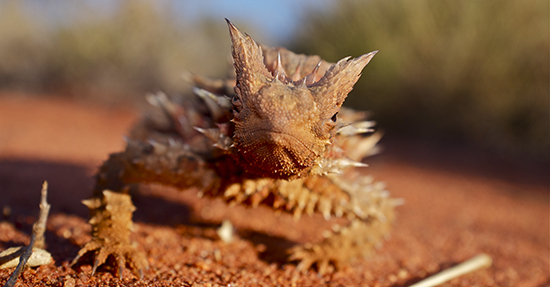 Thorny Devil (photograph by Michael Winkler)
Thorny Devil (photograph by Michael Winkler)
We have brought ourselves to a precarious point in the secular West. If you don't have a rock, or a whale, how do you go on? Psychopharmaceuticals help keep us alive, but do not resolve the eternal problem of how to live. Without God or Marx to shield and guide us, shelter is sought within other vastnesses. Bach, maybe, or booze, or bucks. Melville might have been trading Zen with Seung Sahn when he wrote, 'So man's insanity is heaven's sense; and wandering from all mortal reason, man comes at last to that celestial thought, which, to reason, is absurd and frantic; and weal or woe, feels then Uncompromised, indifferent as his God.'
And that is where I am: seeking something, from The Rock and from Anangu and from Moby-Dick, which I will never ultimately grasp; knowing with needle-sharp certainty that I know less today than yesterday; a dot in a sun-blasted desert where I can only ever be a visitor. I will make another pilgrimage to that big sandstone inselberg today, and be grateful that it is, and know that I don't know its rightful name, and listen to it for meaning that will not come, and know that it was there for millennia before I existed and will be there for millennia after I exist, and if no one is around I might whisper to it that henceforth I will call it Ishmael. And tonight I will turn to Melville again, and be glad. 'Has the Sperm Whale ever written a book, spoken a speech? No, his great genius is declared in his doing nothing particular to prove it. It is moreover declared in his pyramidical silence.' Solace within, beside, before the profound Is.
References
Moby-Dick or, The Whale by Herman Melville, published 1851. Version cited: Penguin, 1992
Mending the Mind by J.F.J. Cade, Sun Books, 1979
'The White-Savior Industrial Complex' by Teju Cole, The Atlantic, March 21, 2012
Speaking out of Turn by Manning Clark, MUP, 1993
The Red Centre: Man and beast in the heart of Australia by H.H. Finlayson, Angus & Robertson, 1952 edition
Trapped in the Gap: Doing good in Indigenous Australia by Emma Kowal, Berghahn, 2015
'Battling Siki' by John Lardner, The New Yorker, 19 November 1949
Indigenous Sovereignty and the Being of the Occupier: Manifesto for a White Australian philosophy of origins by Toula Nicolacopoulos and George Vassilacopoulos, re.press Melbourne, 2014
Only Don't Know: Selected teaching letters of Zen Master Seung Sahn, Shmbhala, 1999
Craig San Roque's The Long Weekend in Alice Springs, adapted and drawn by Joshua Santospirito, SanKessto Publications, 2013
The Politics of Suffering: Indigenous Australia and the end of the liberal consensus by Peter Sutton, MUP, 2009
Walden and Other Writings by Henry David Thoreau, 1854
Both Flesh and Not by David Foster Wallace, Hamish Hamilton, 2012
Michael Winkler lives in Melbourne and works in the Northern Territory. He has worked in all branches of the media – radio, television, print, and online – as well as corporate communications.
The Calibre Prize for an Outstanding Essay, created in 2007, is Australia's premier essay prize. Originally sponsored by Copyright Agency (through its Cultural Fund), Calibre is now funded by Australian Book Review. Here we gratefully acknowledge the generous support of ABR Patron and Chair, Mr Colin Golvan QC.


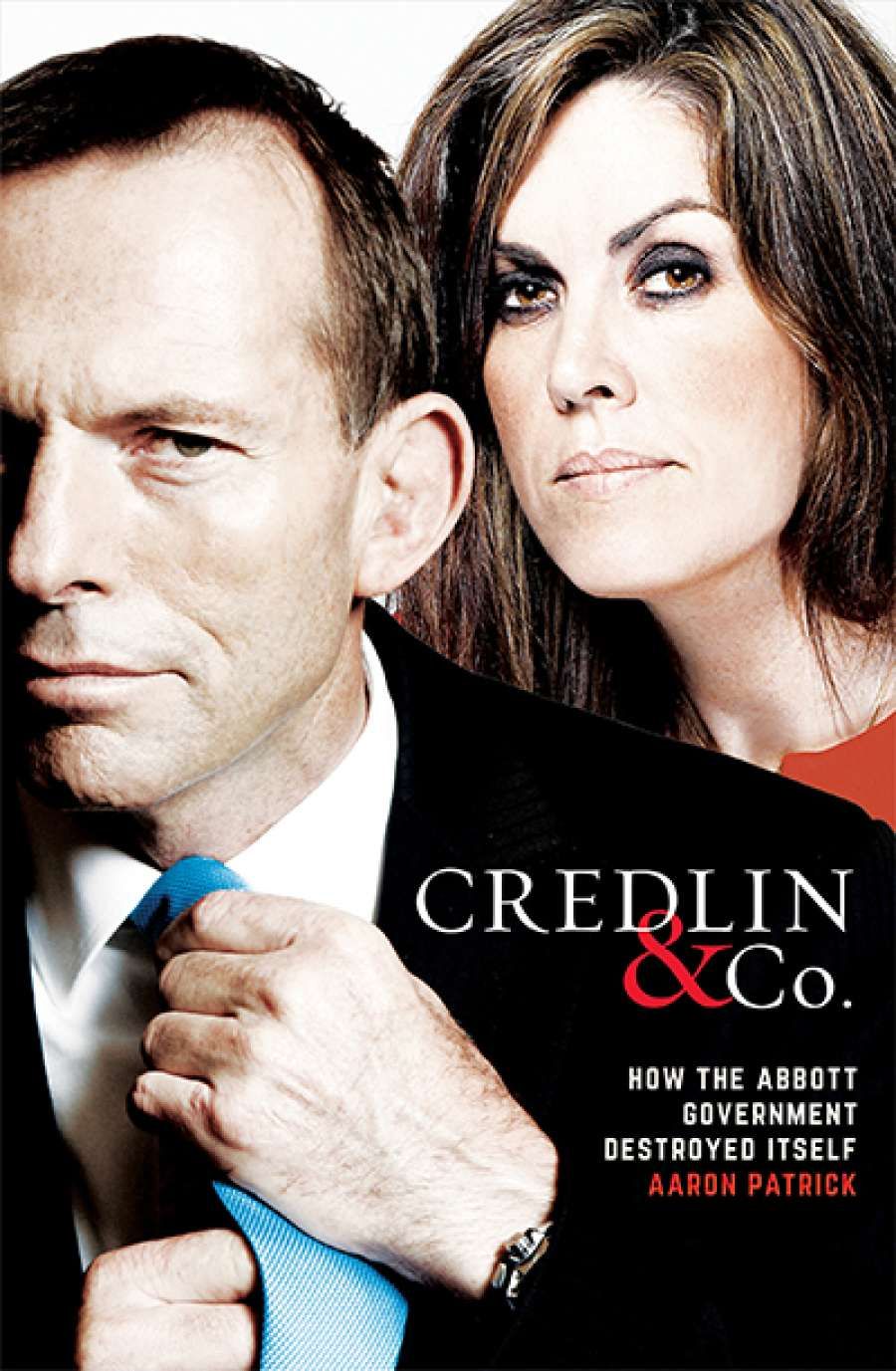
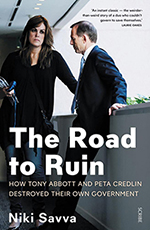
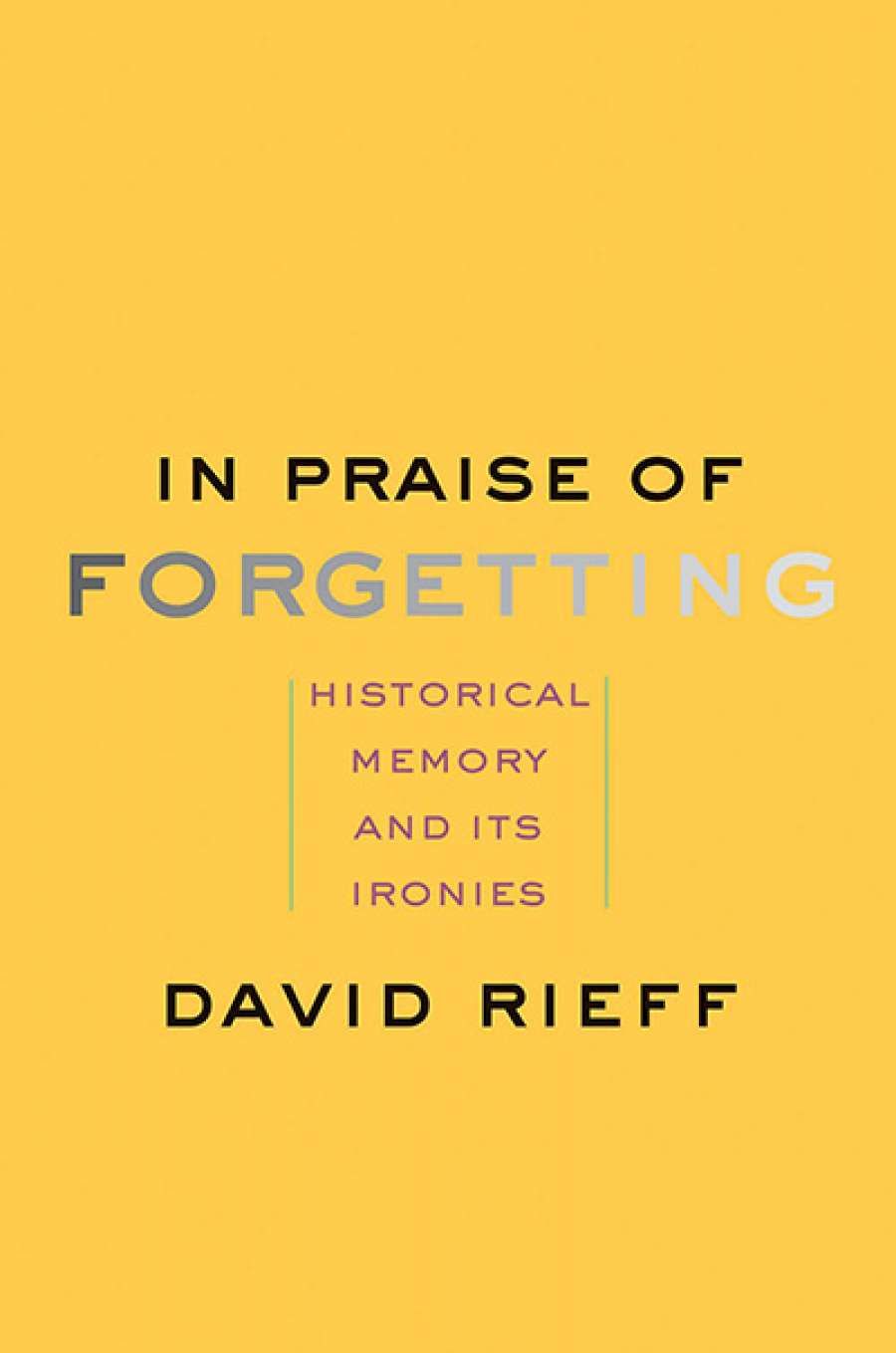
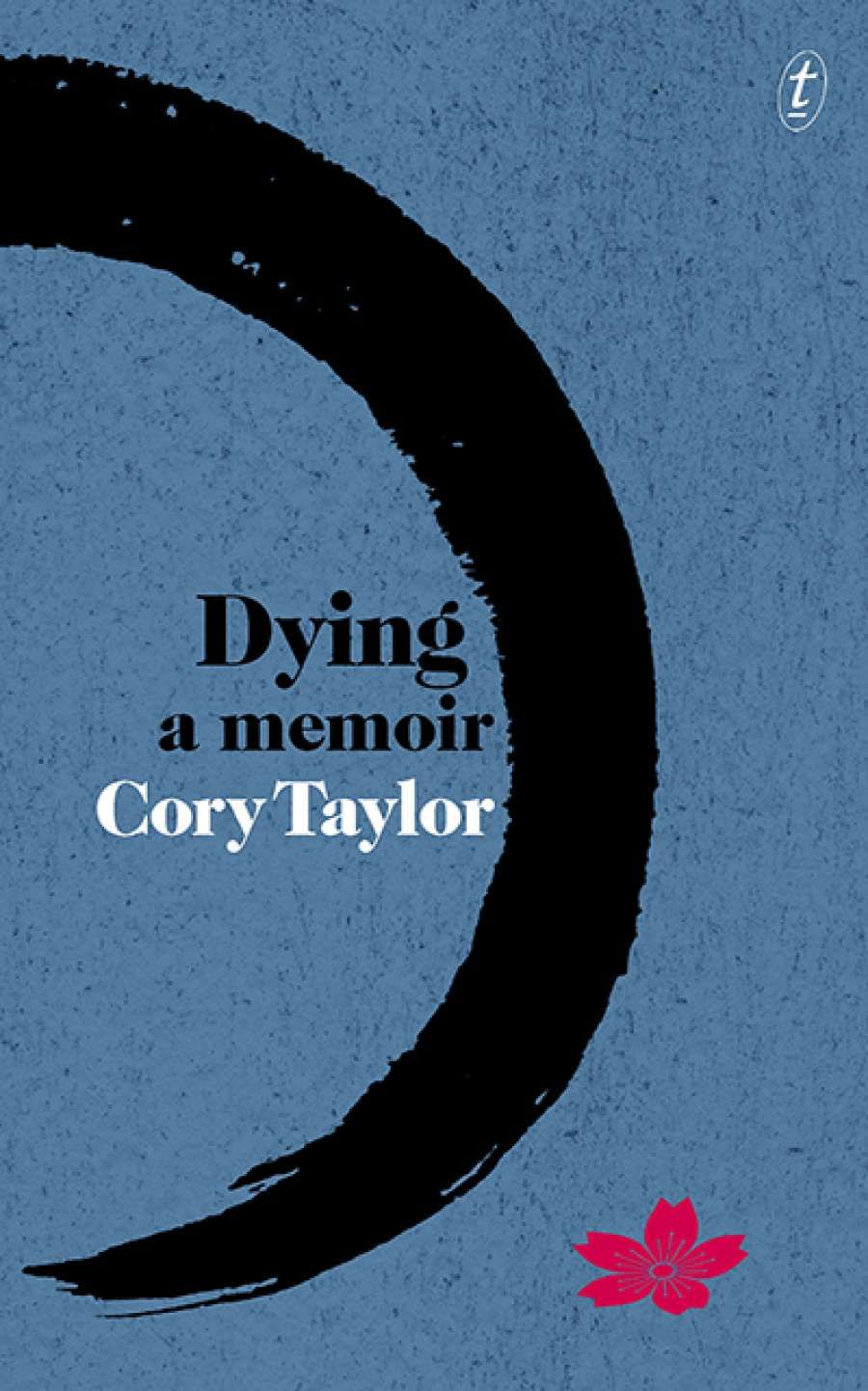
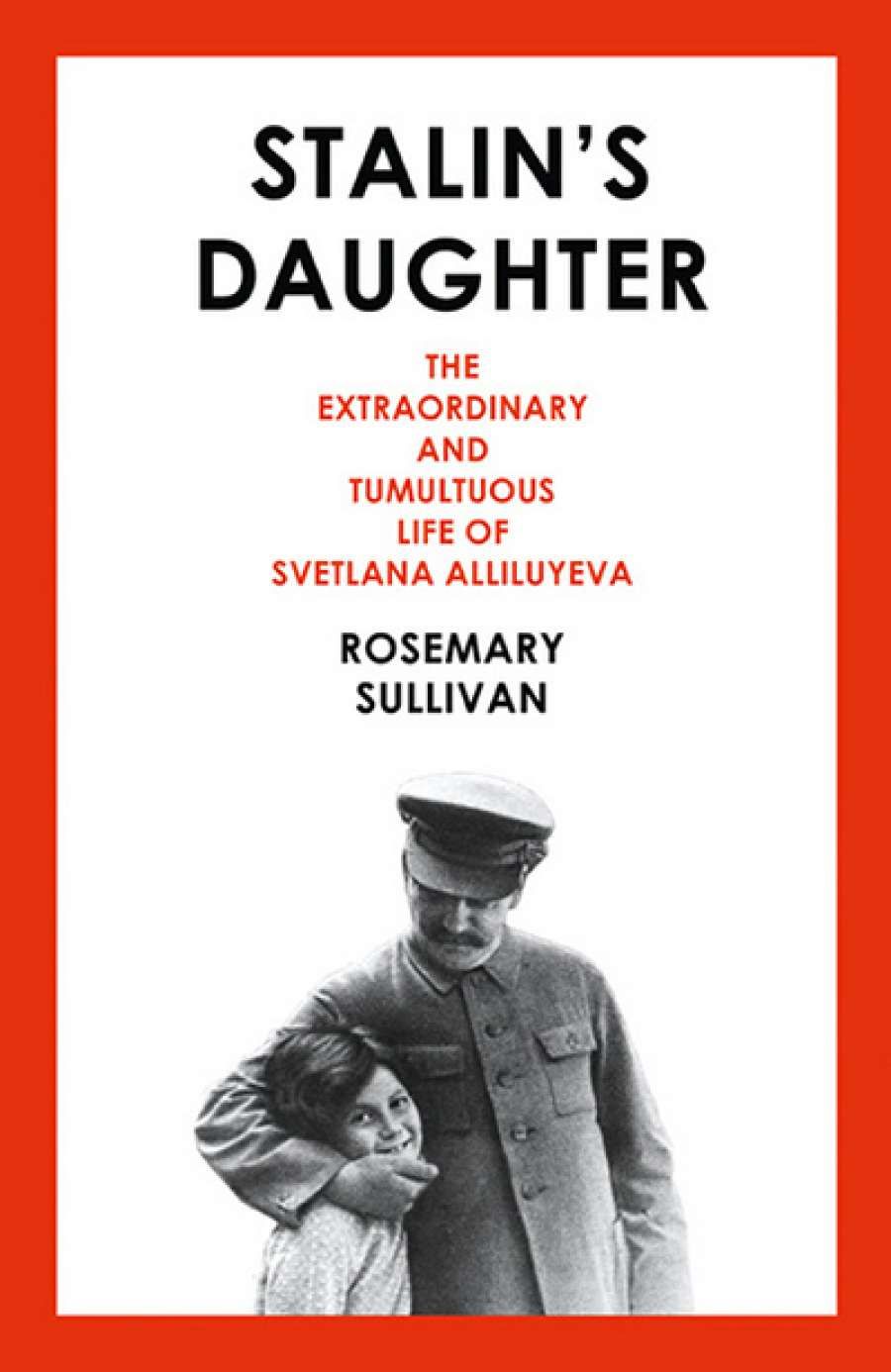
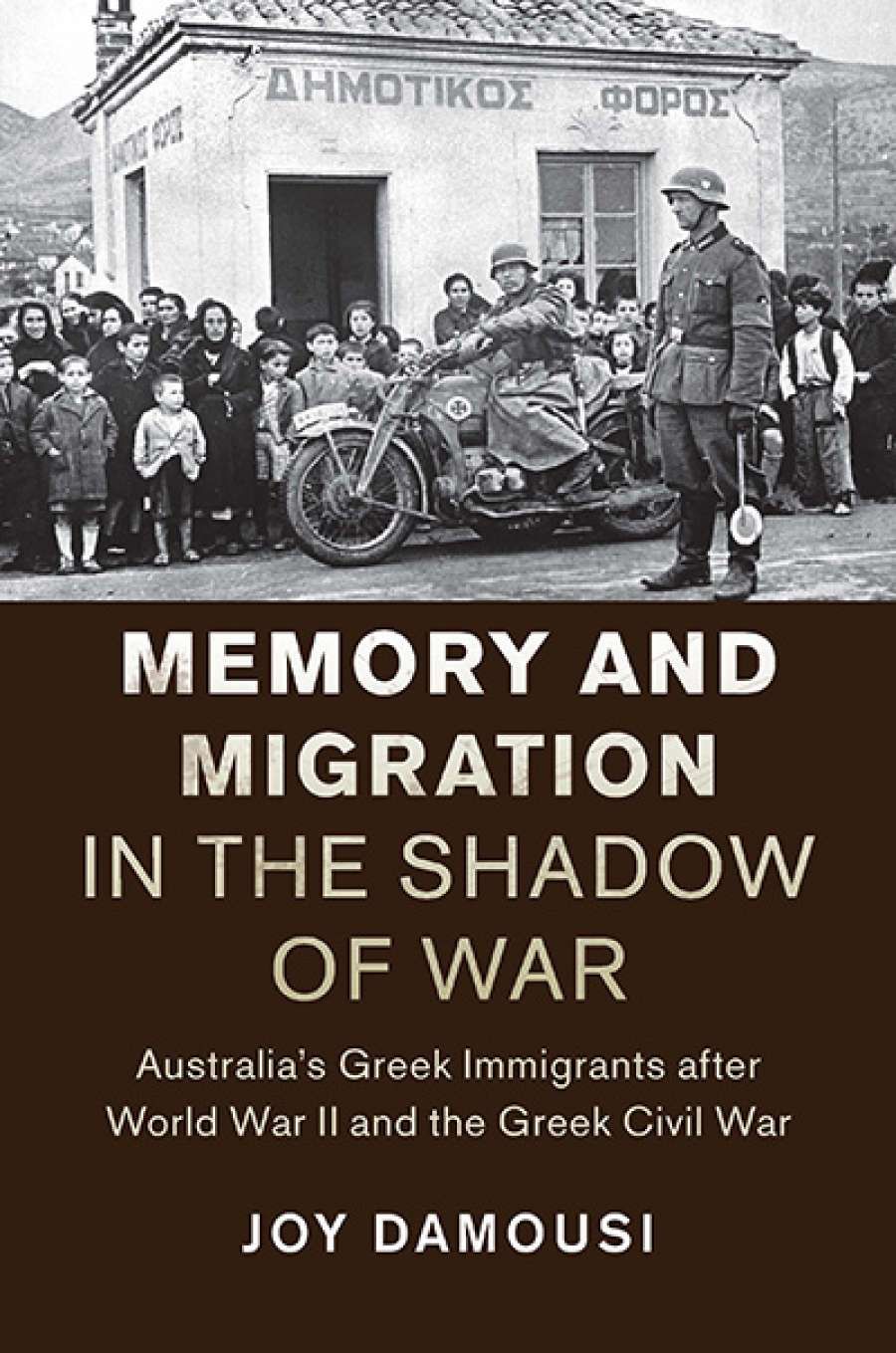
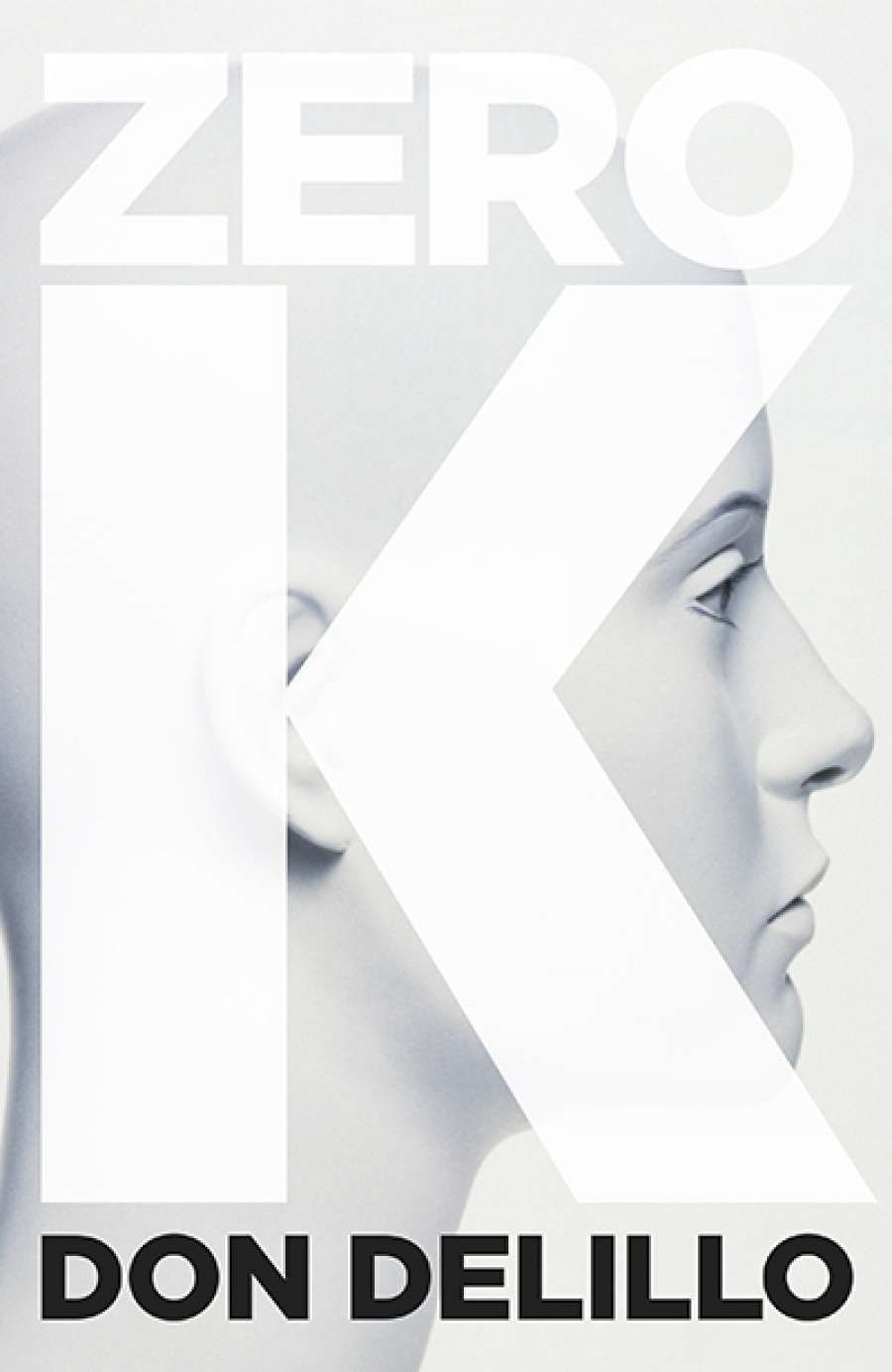
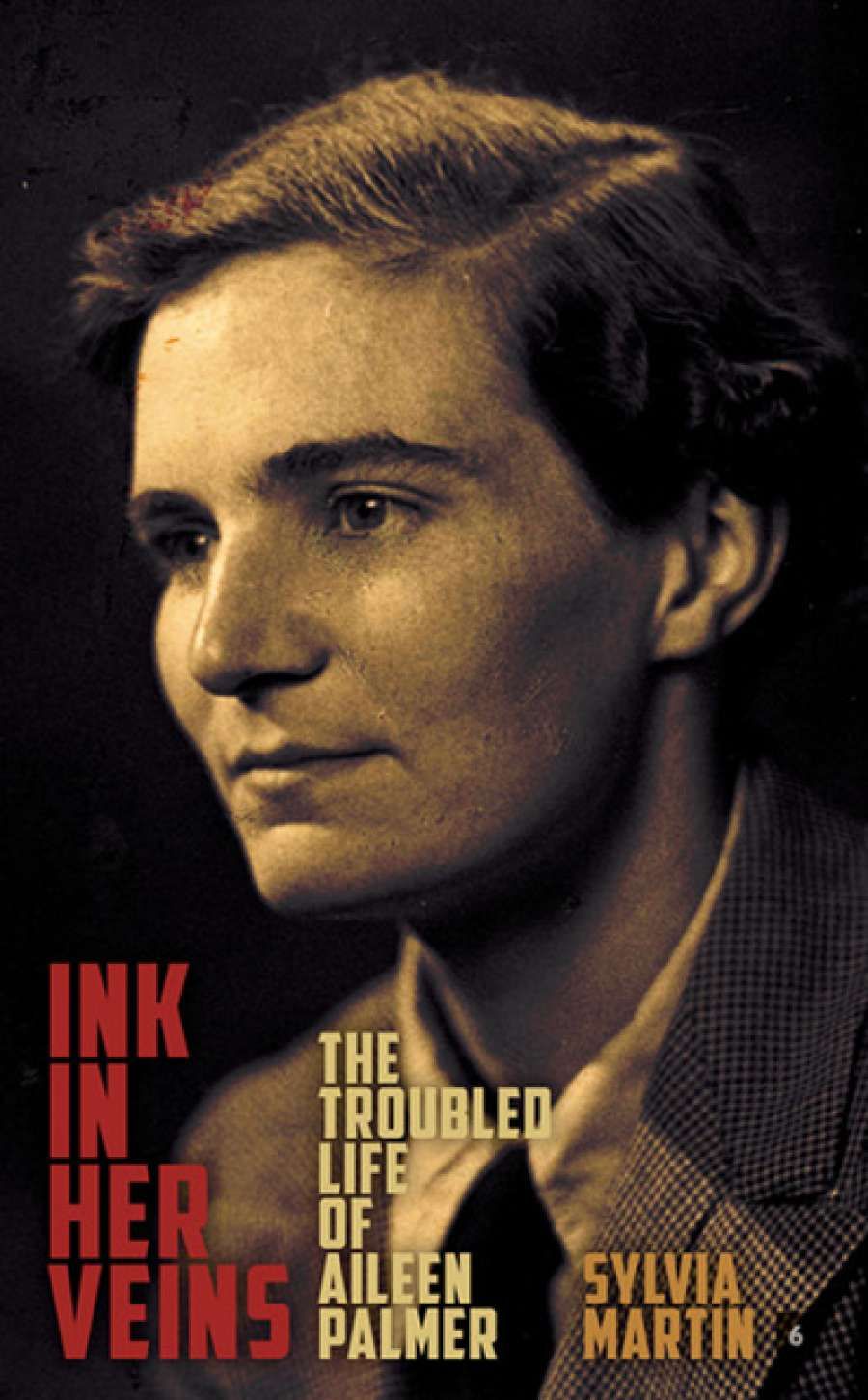
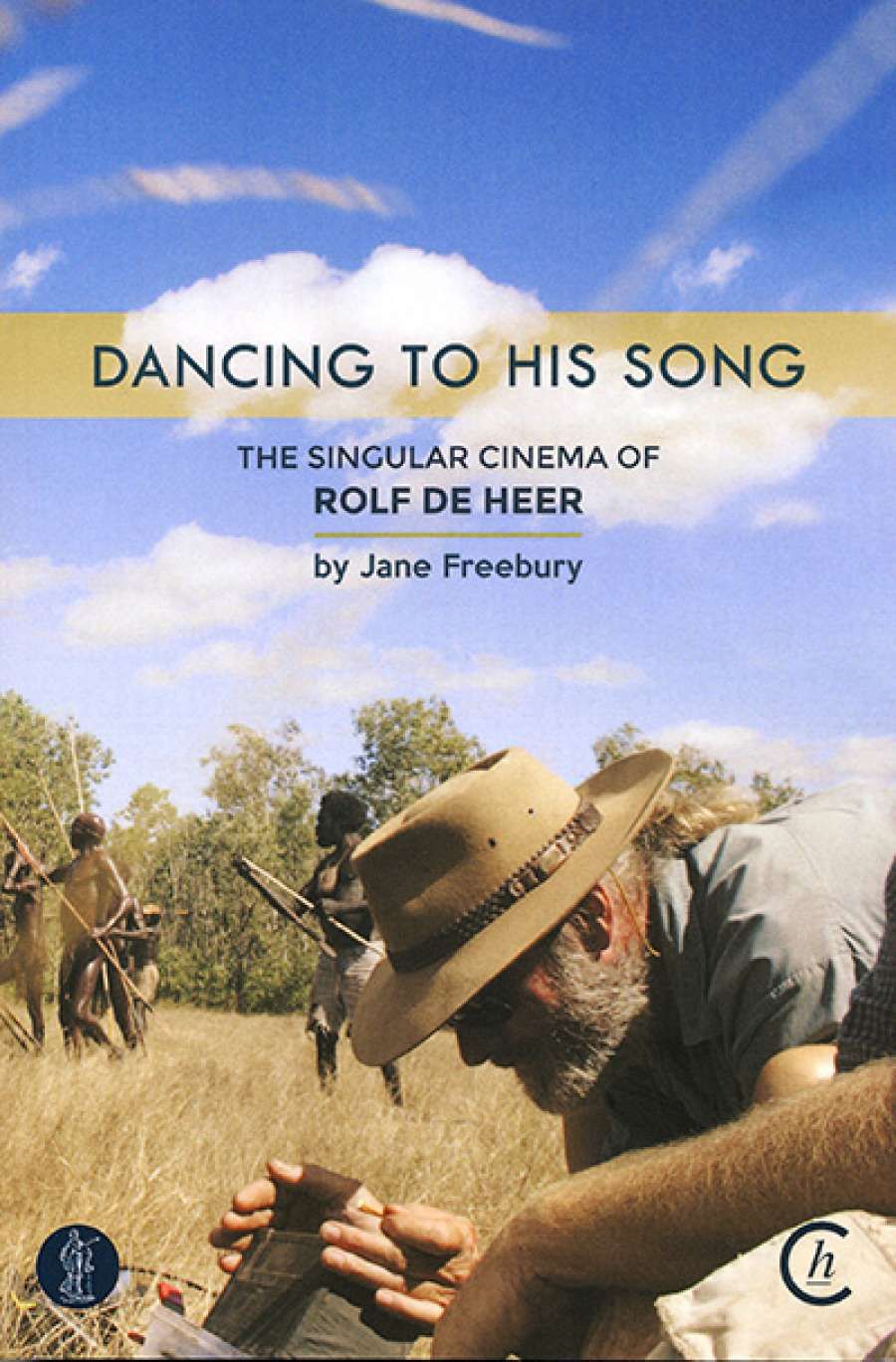
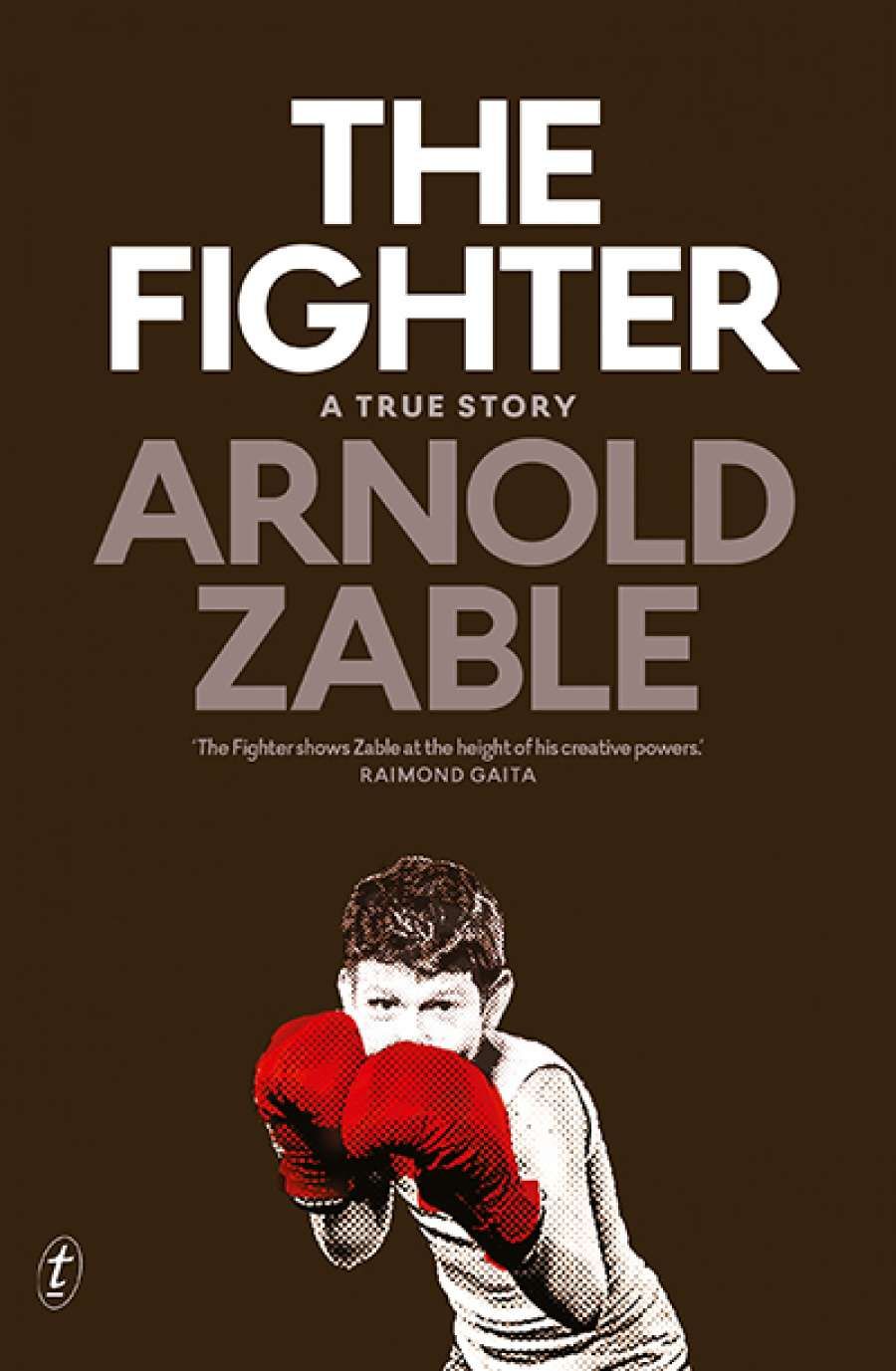
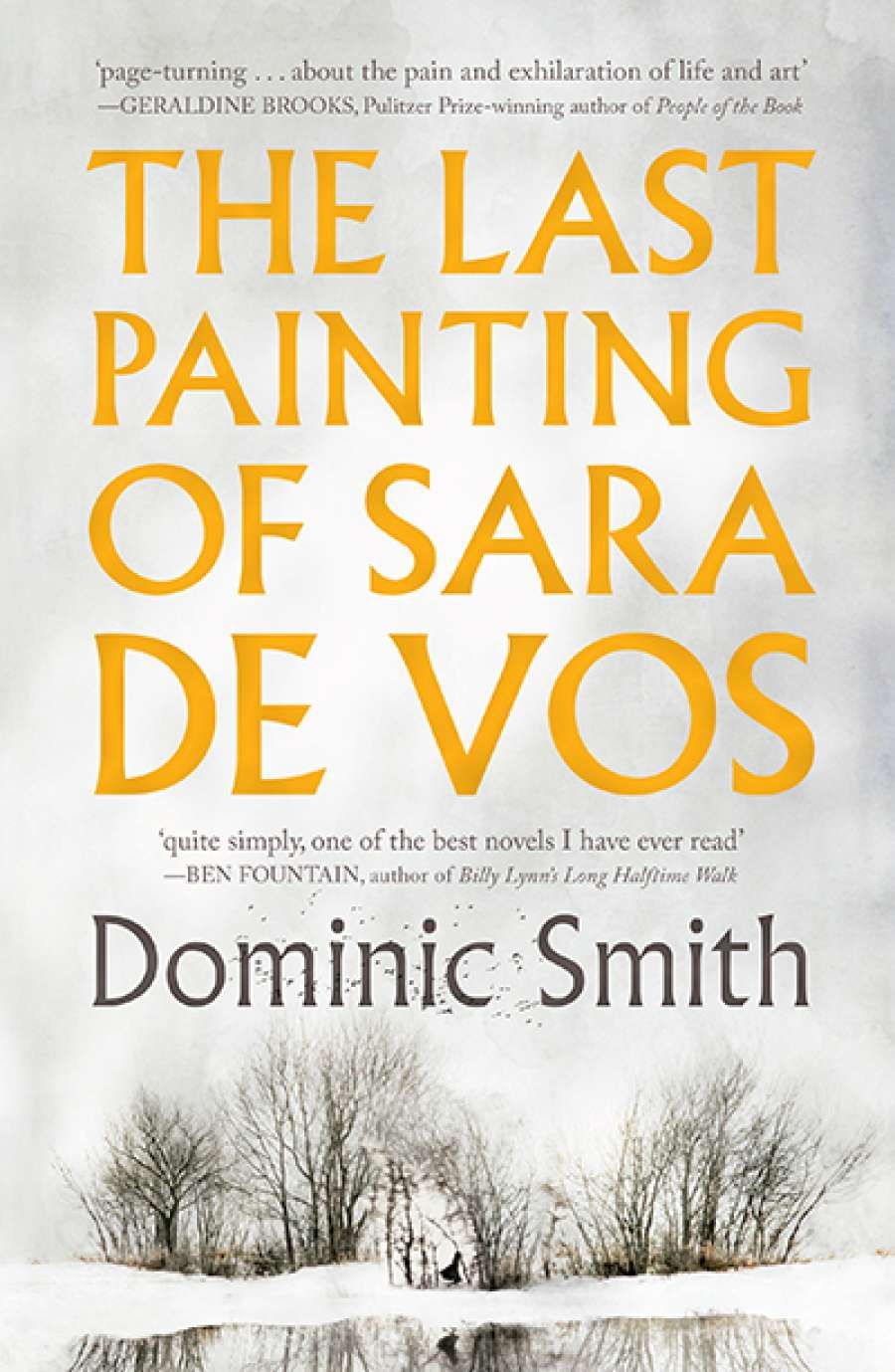
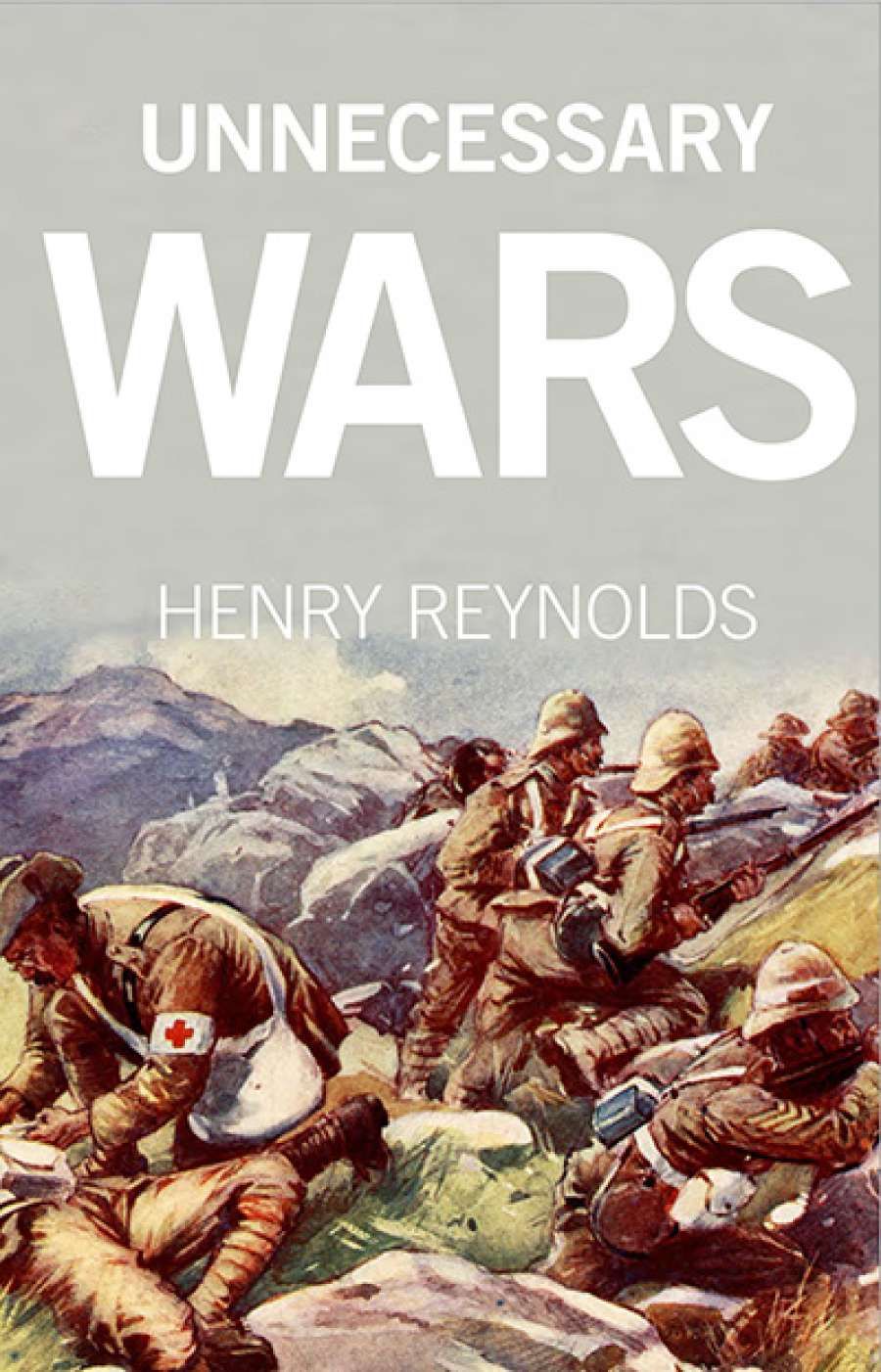
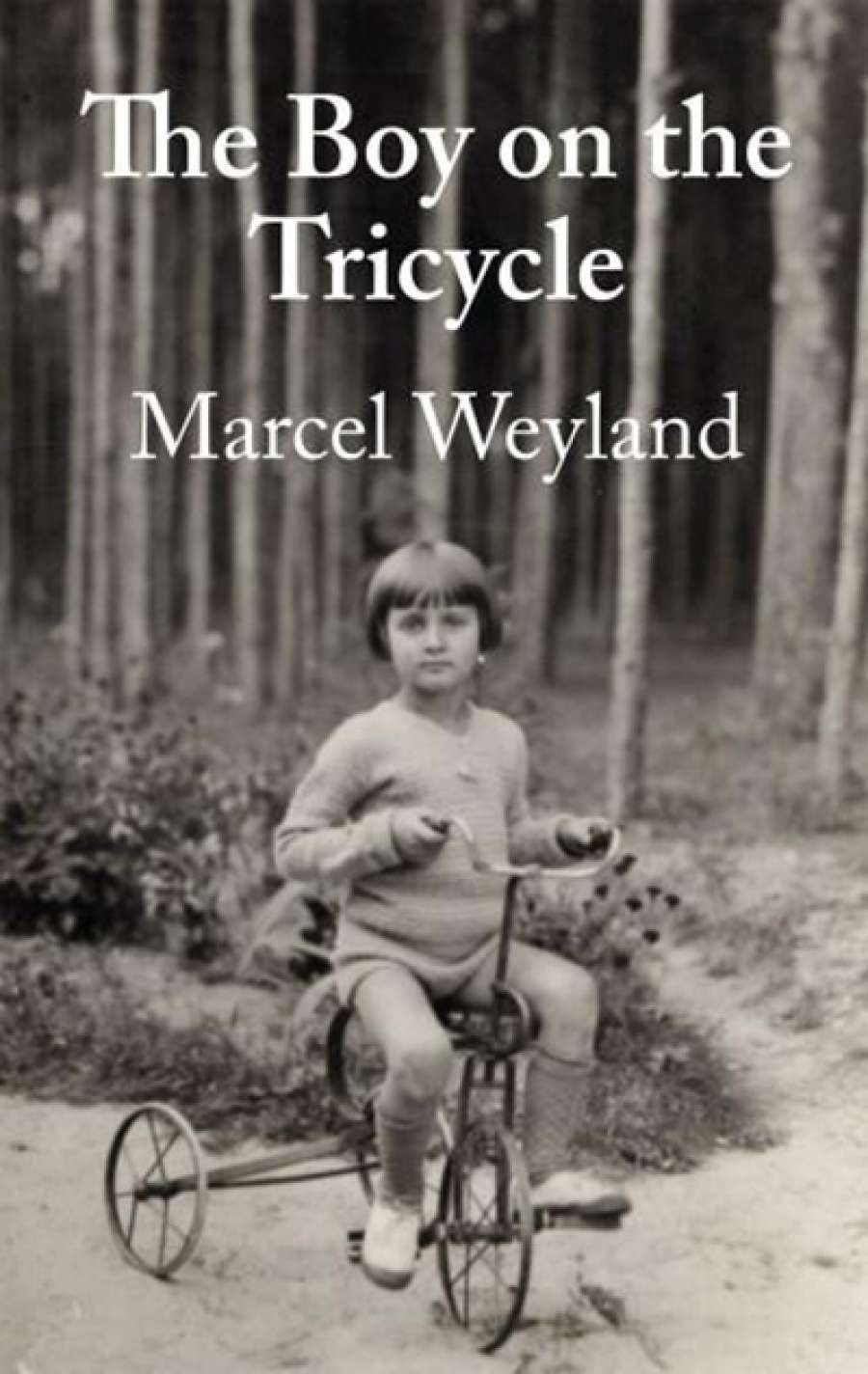
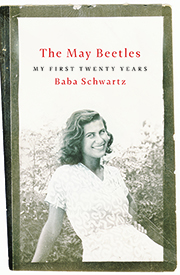
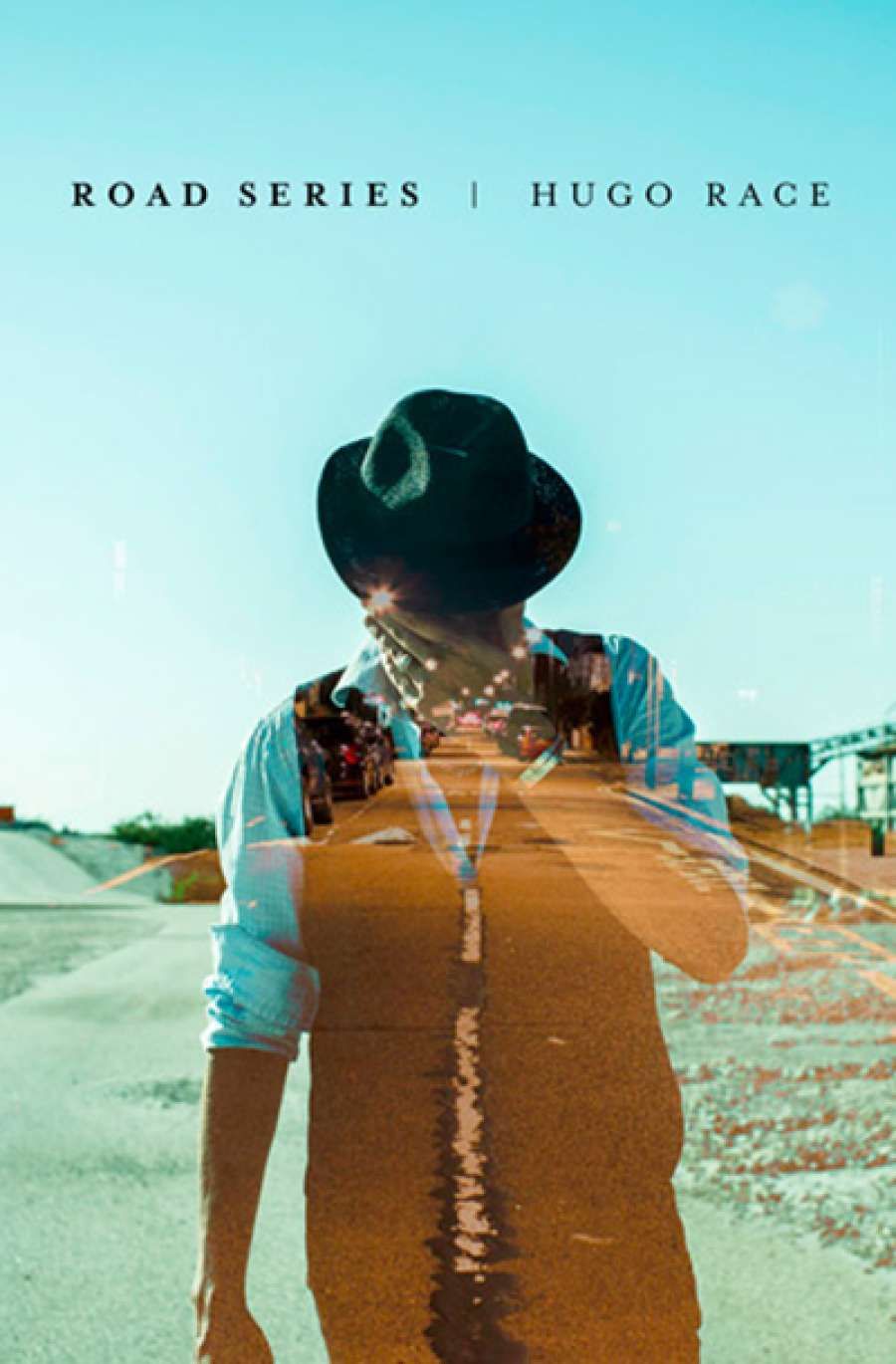
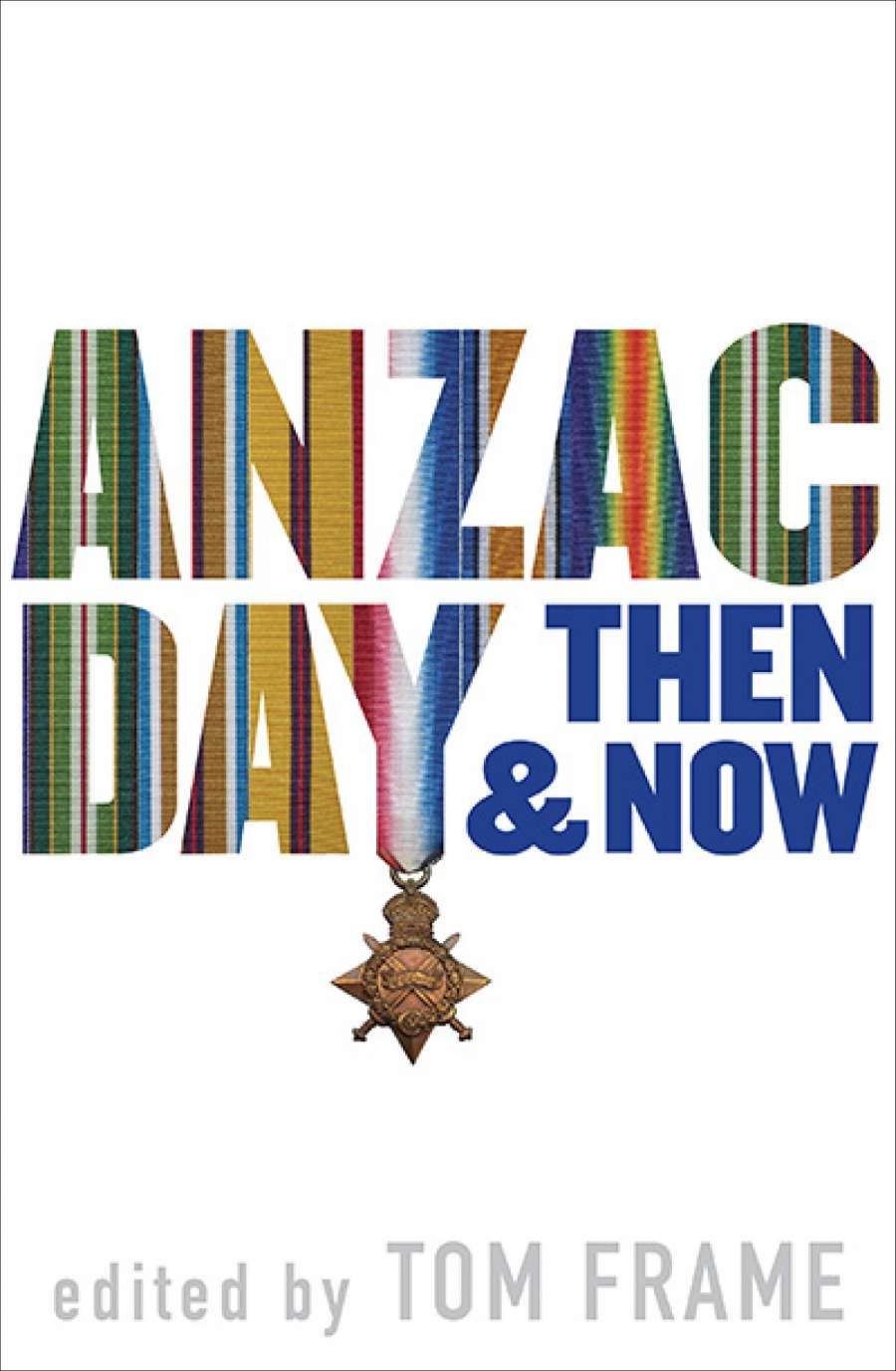
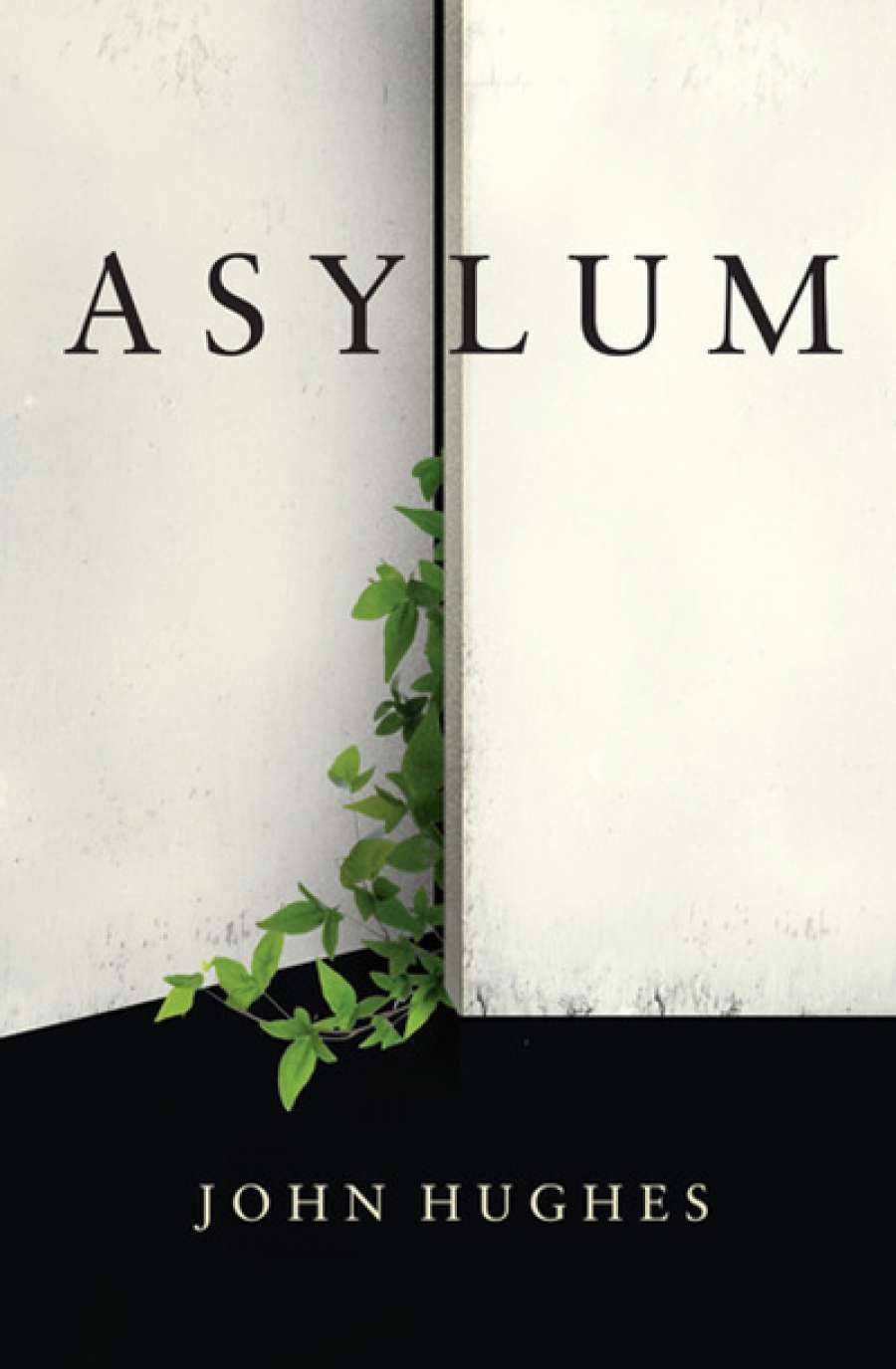
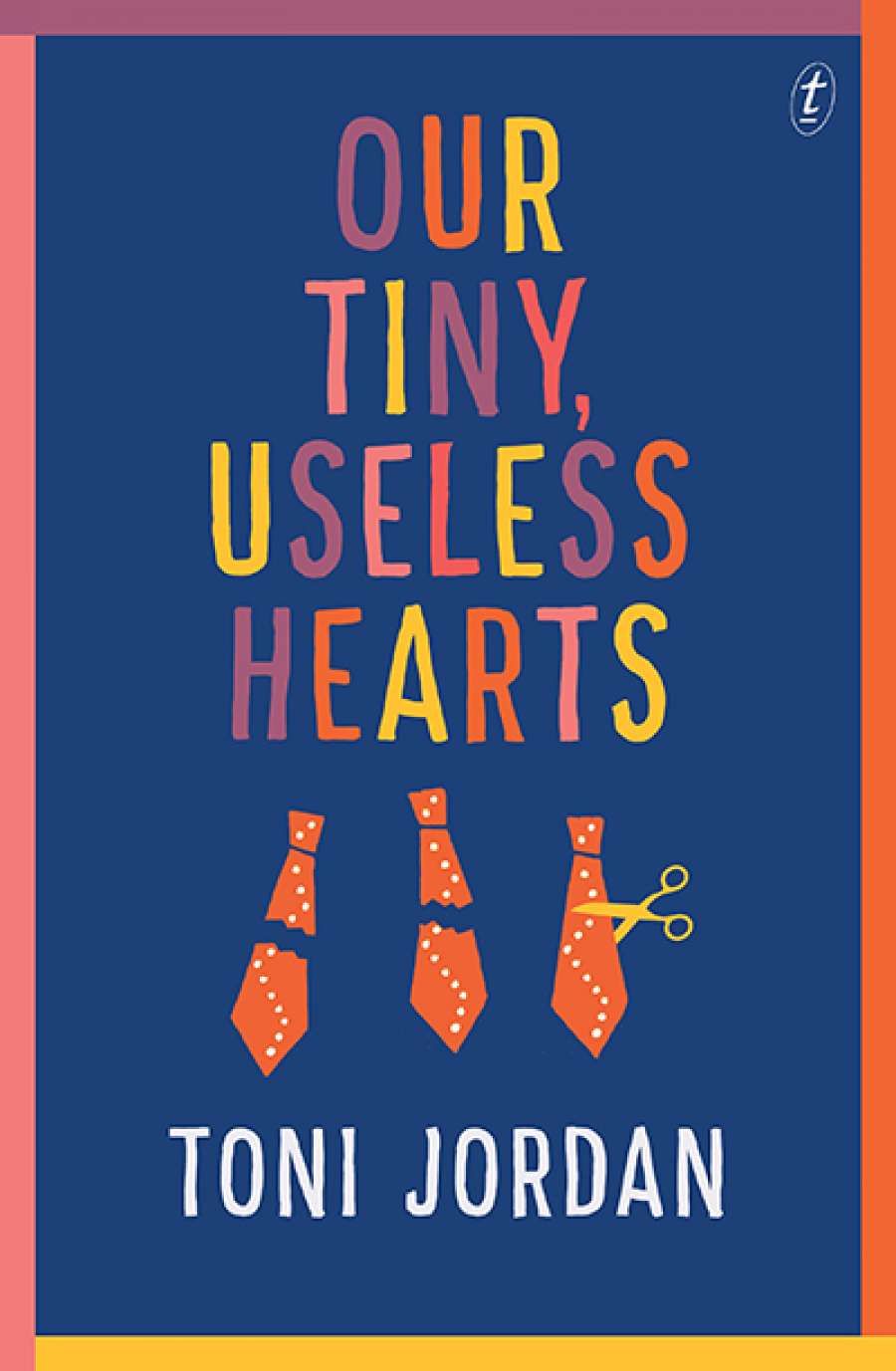
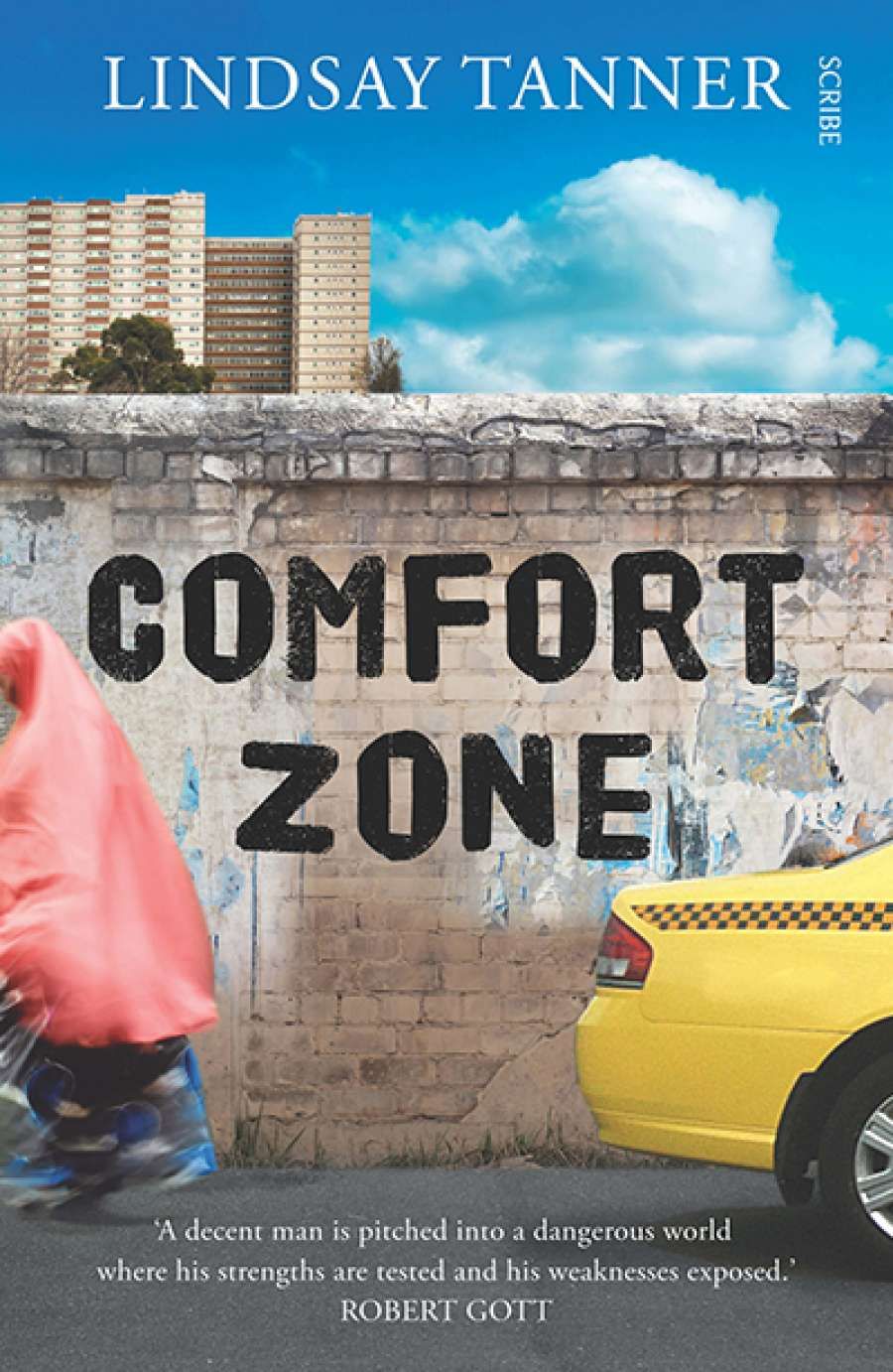
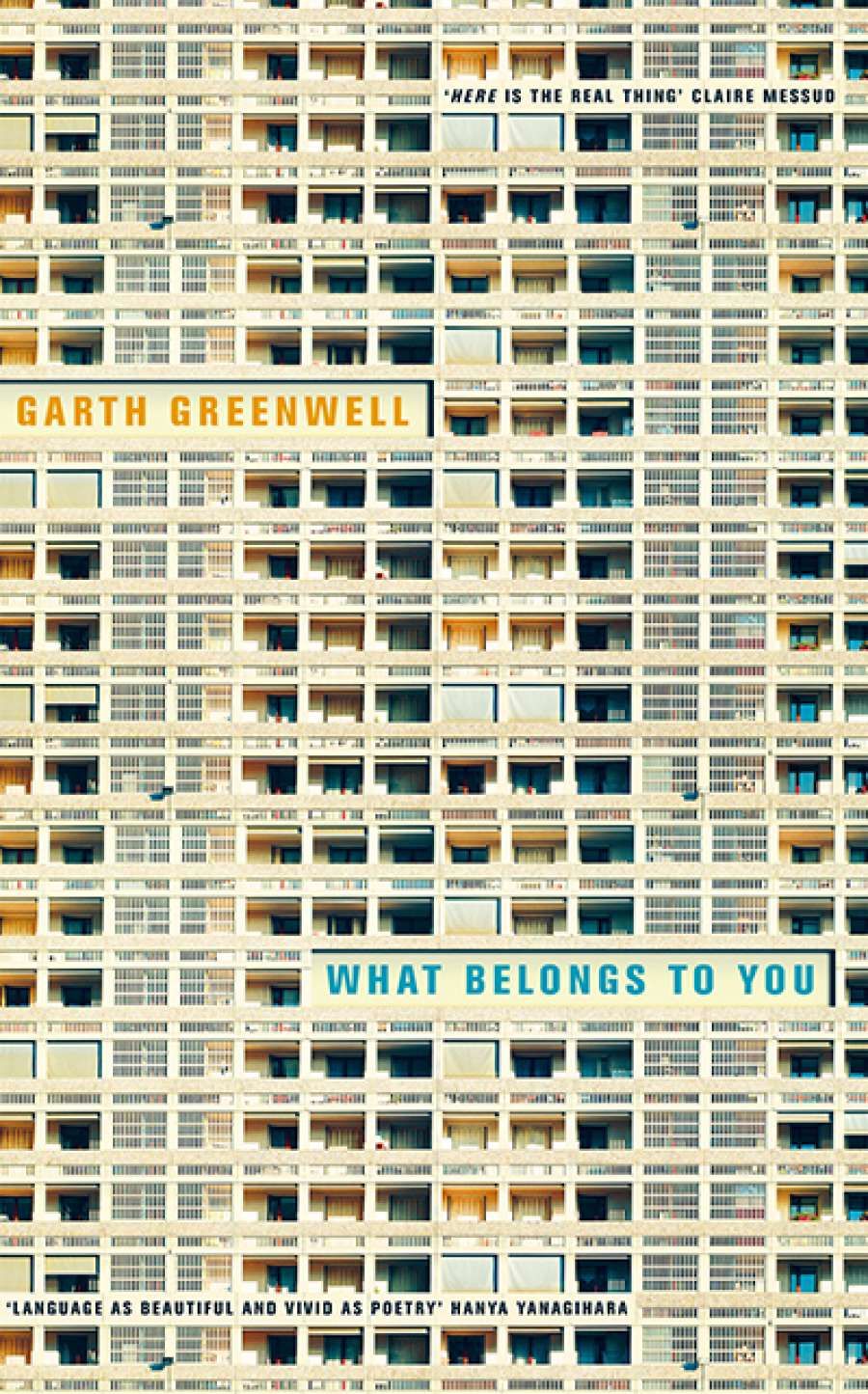
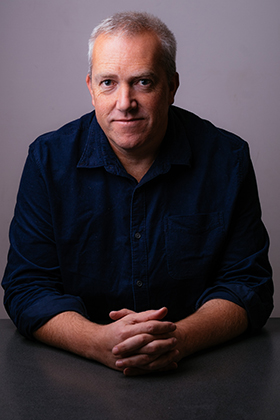
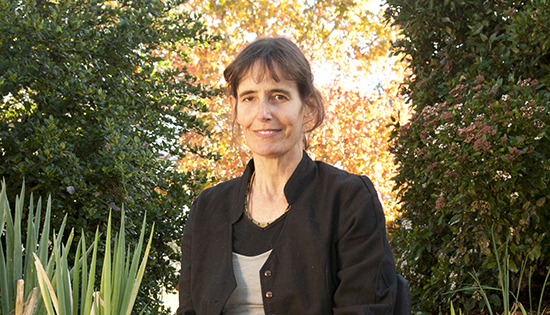
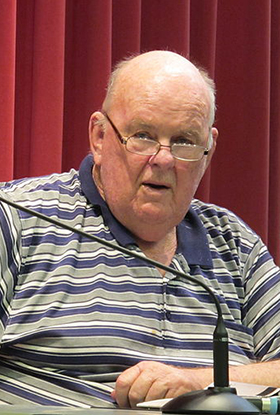
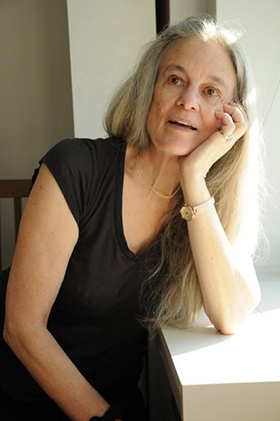
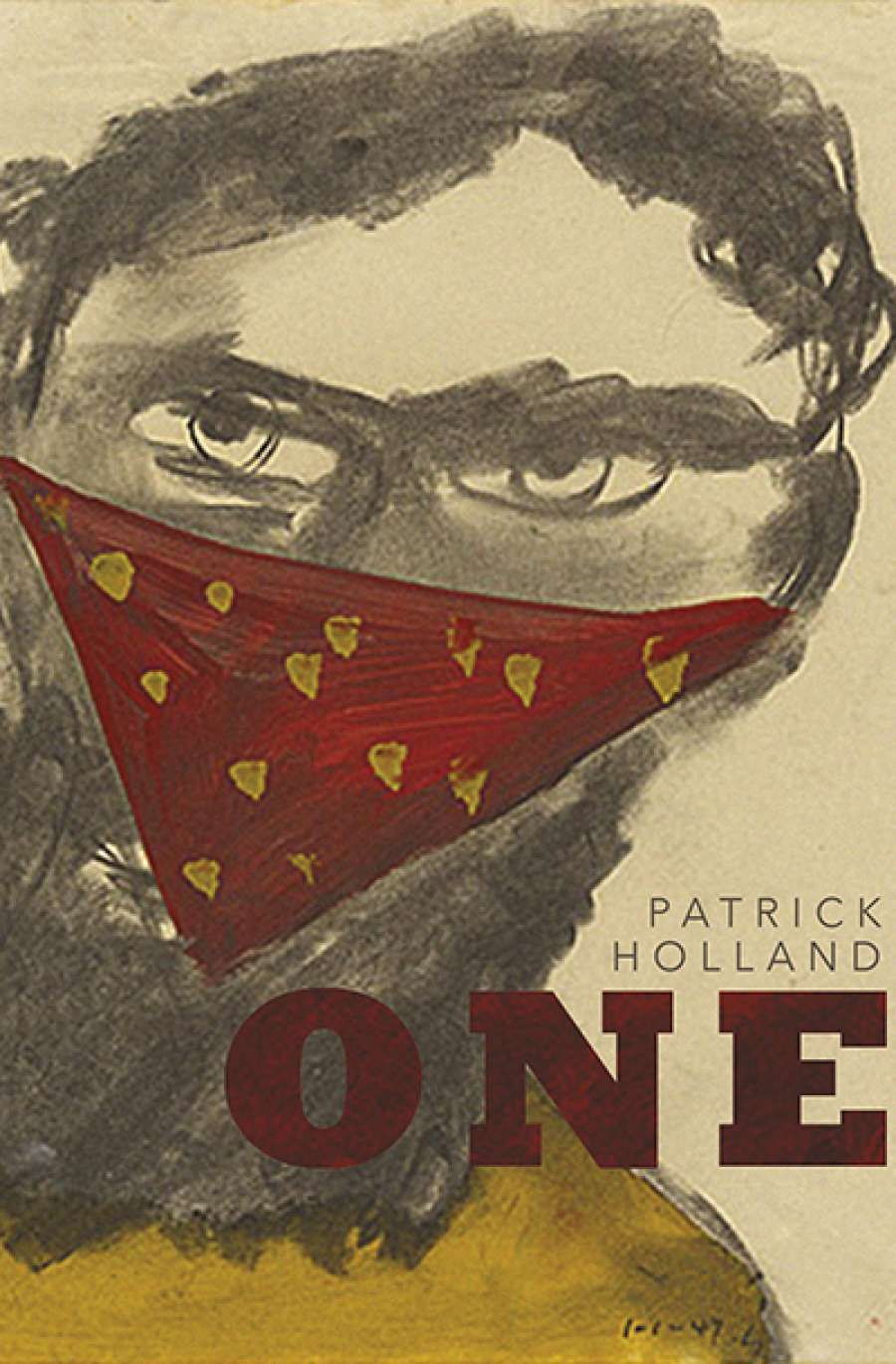
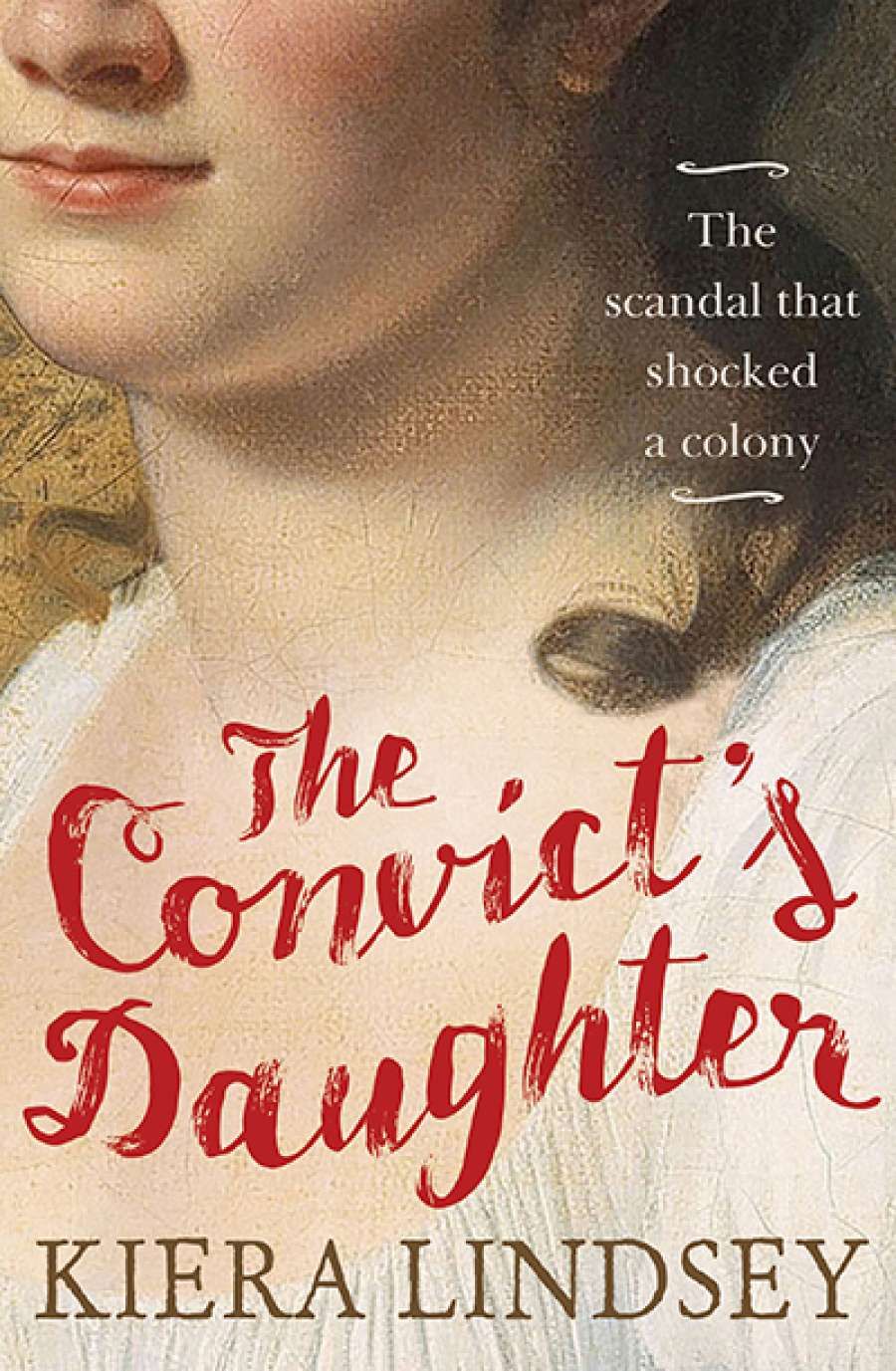
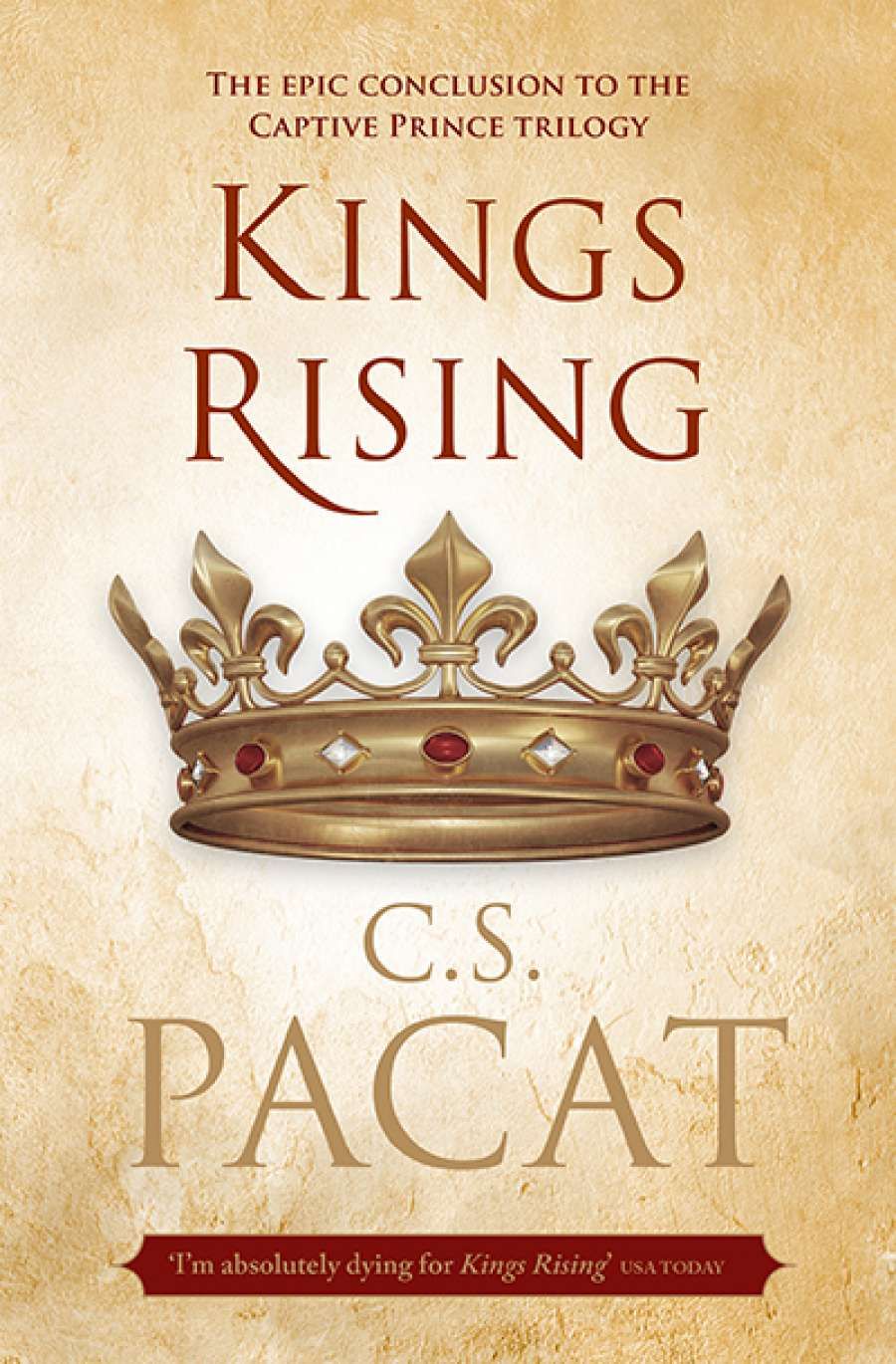
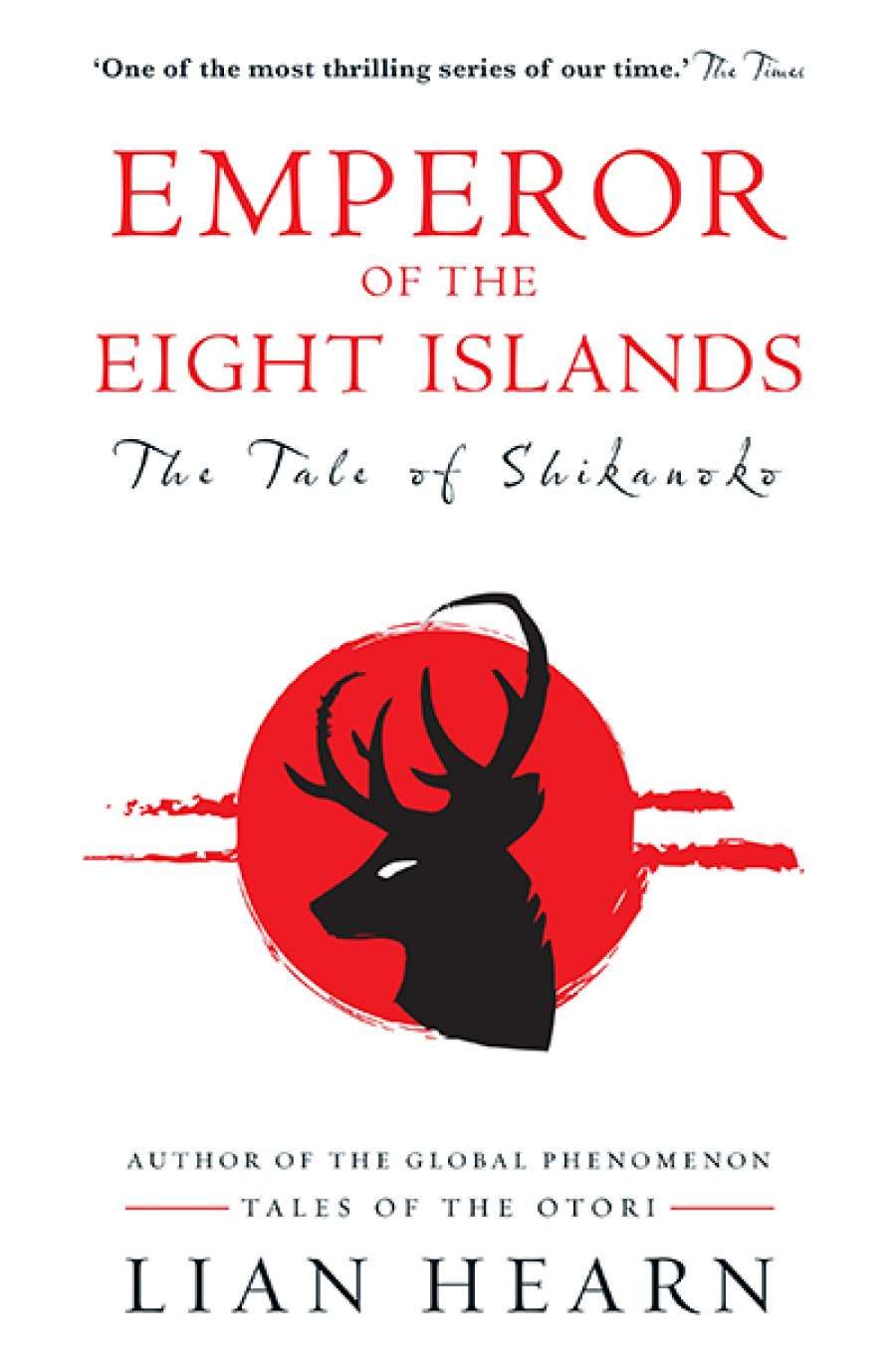
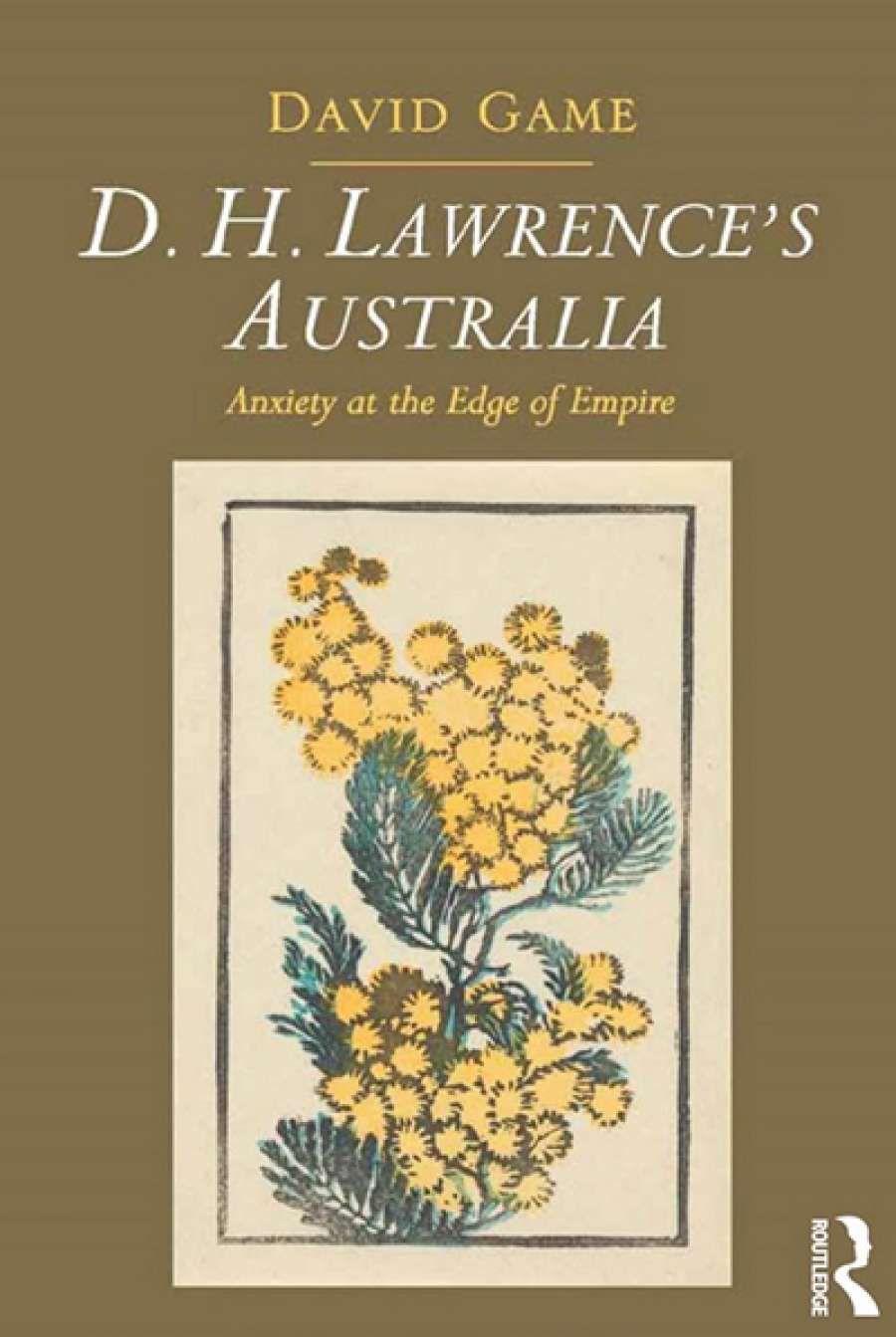
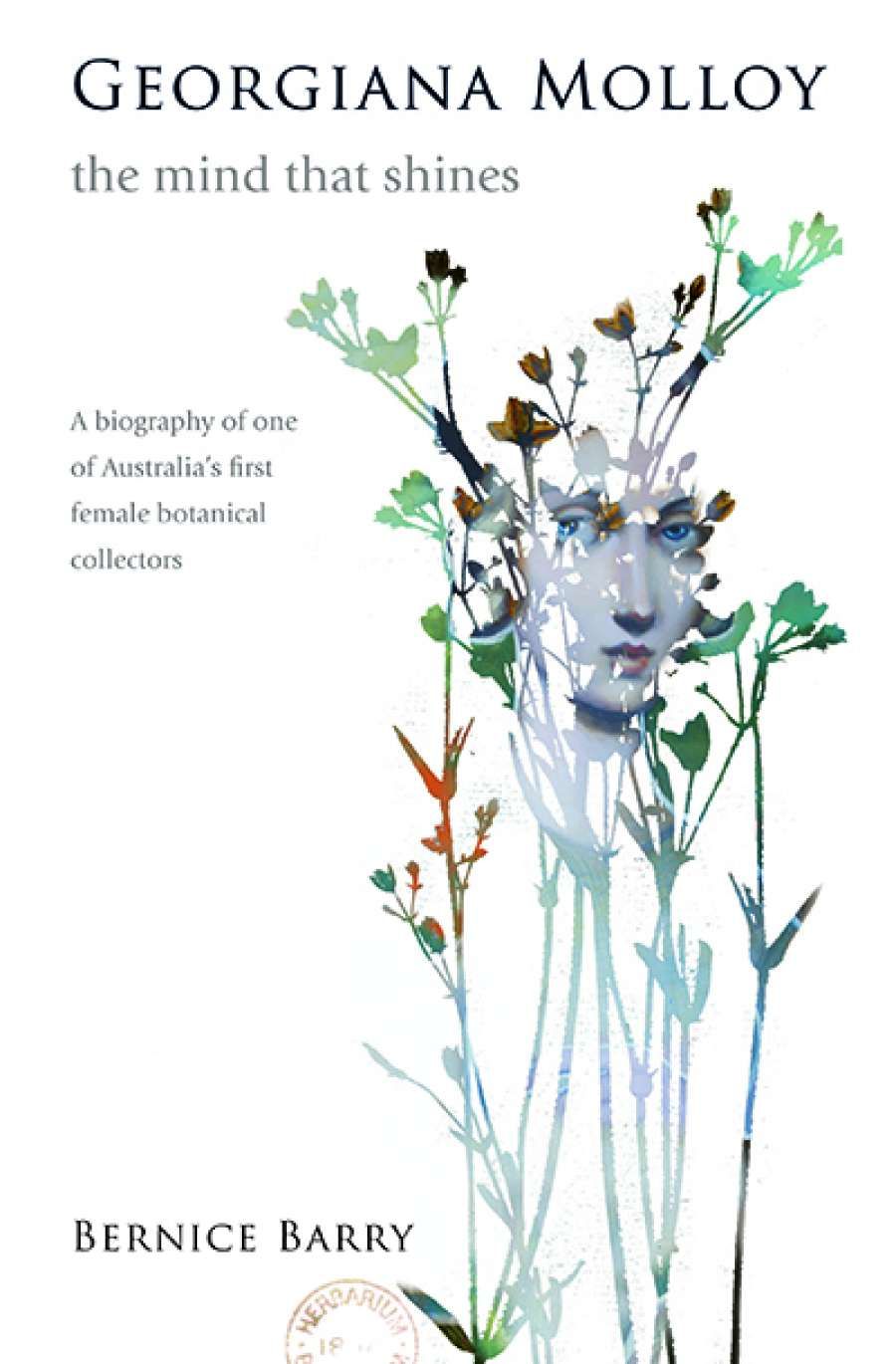
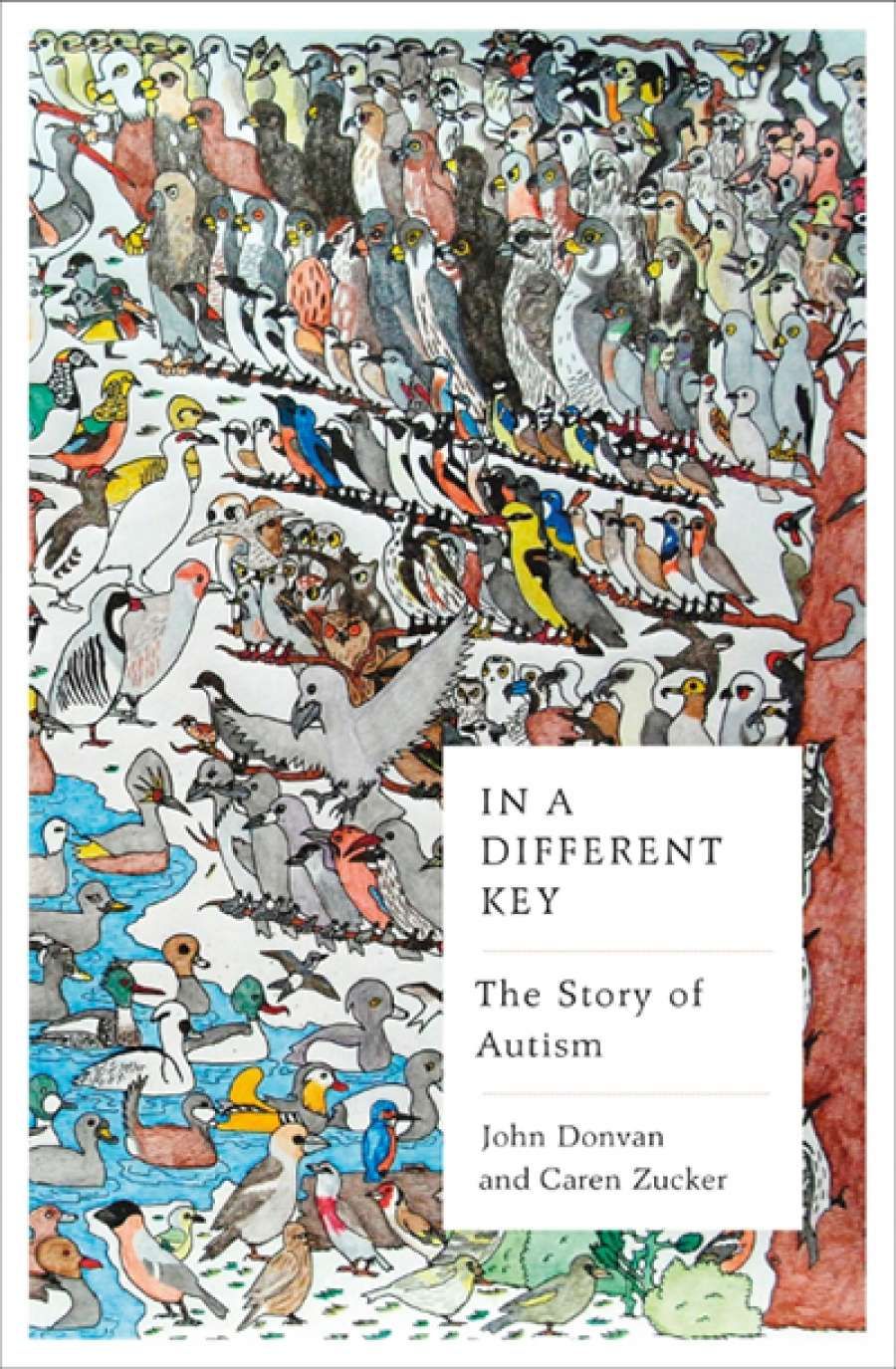
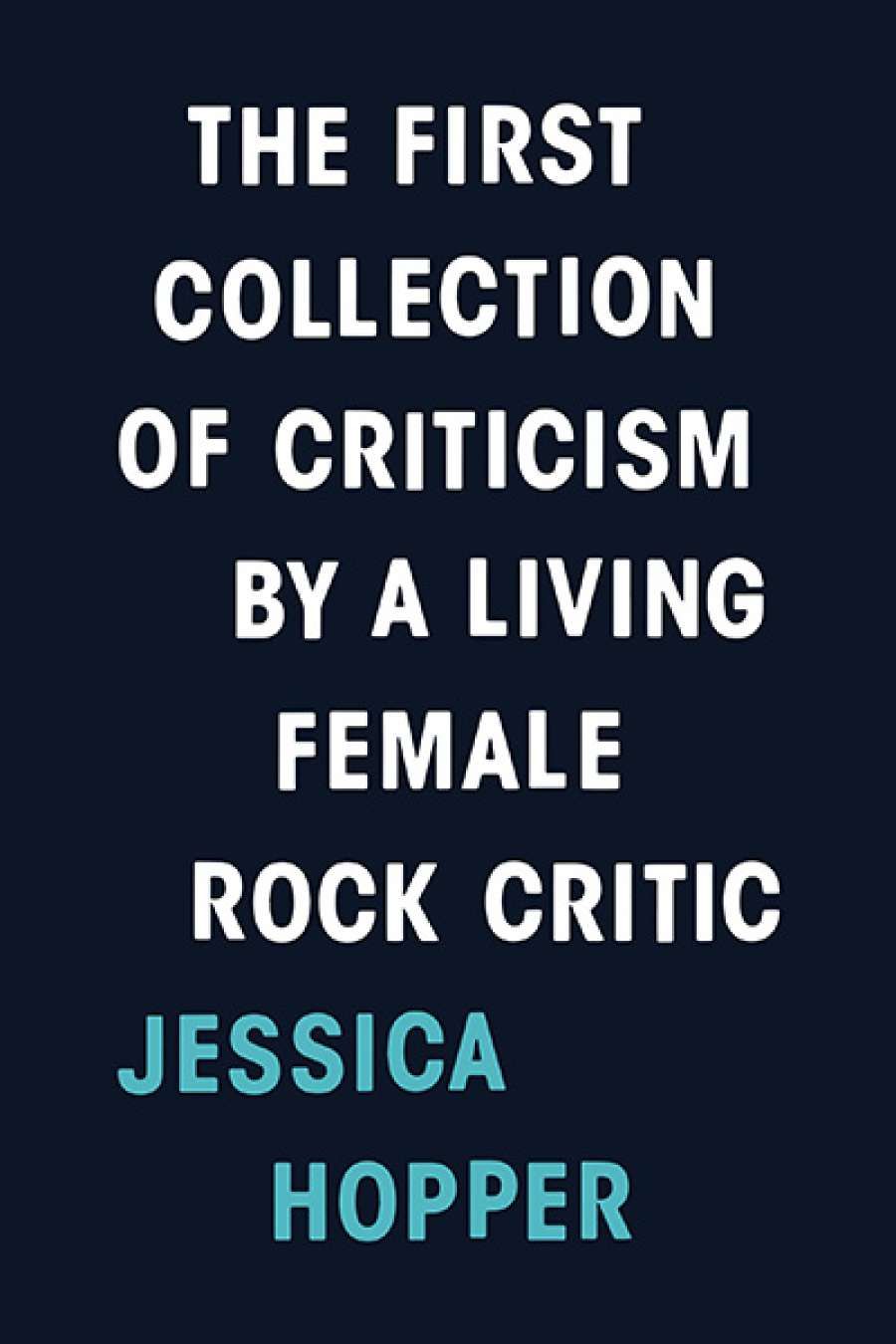
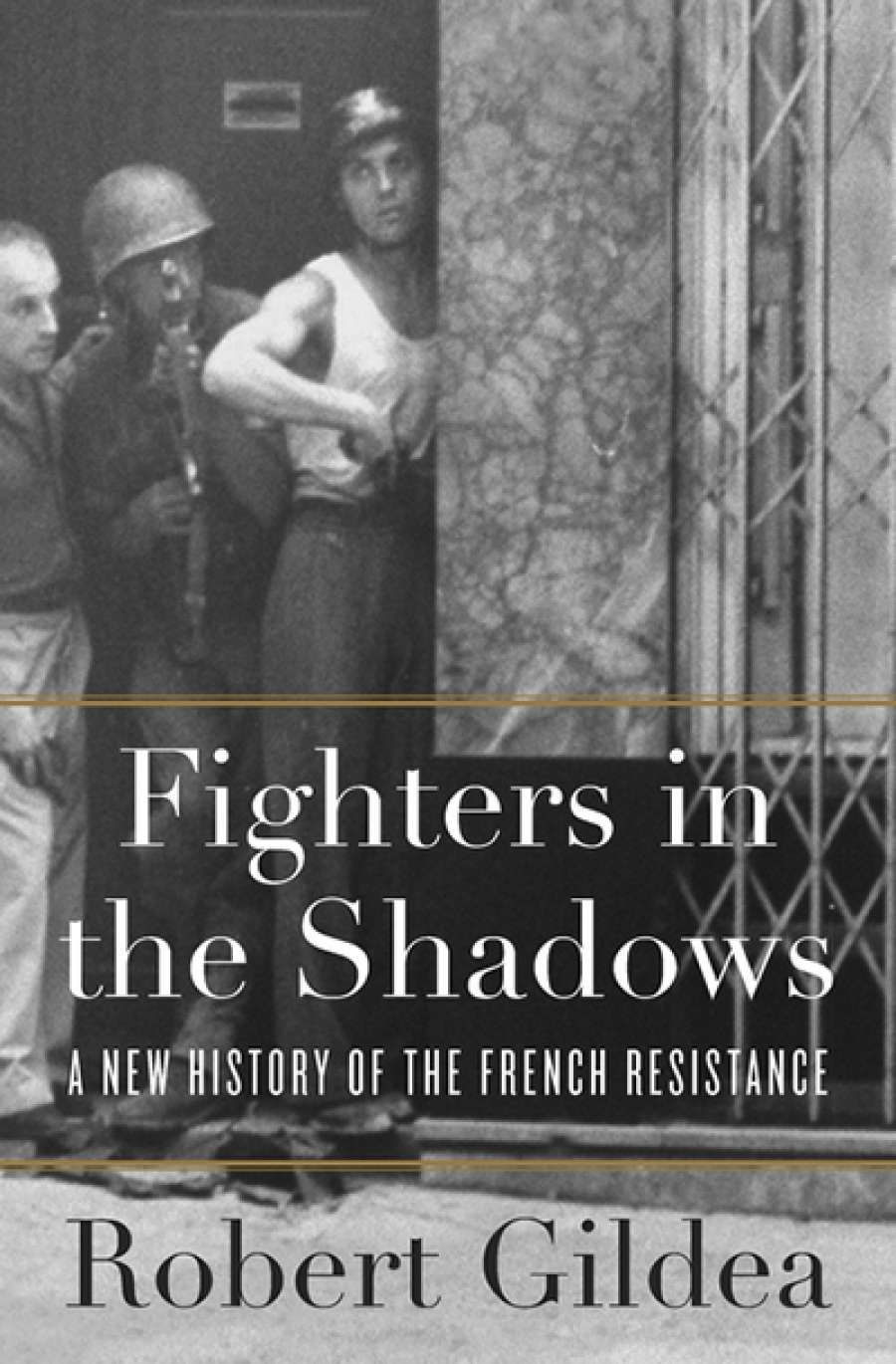
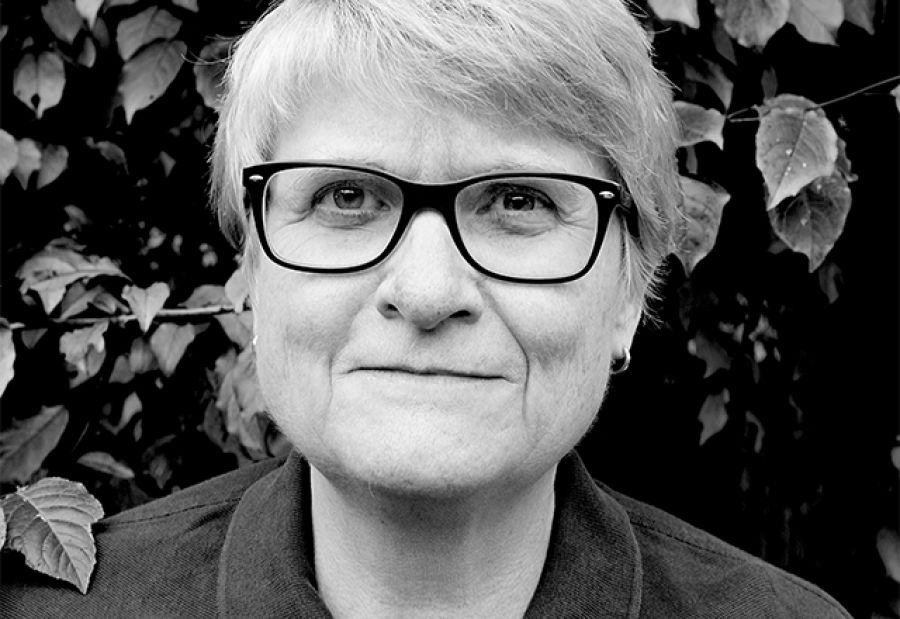
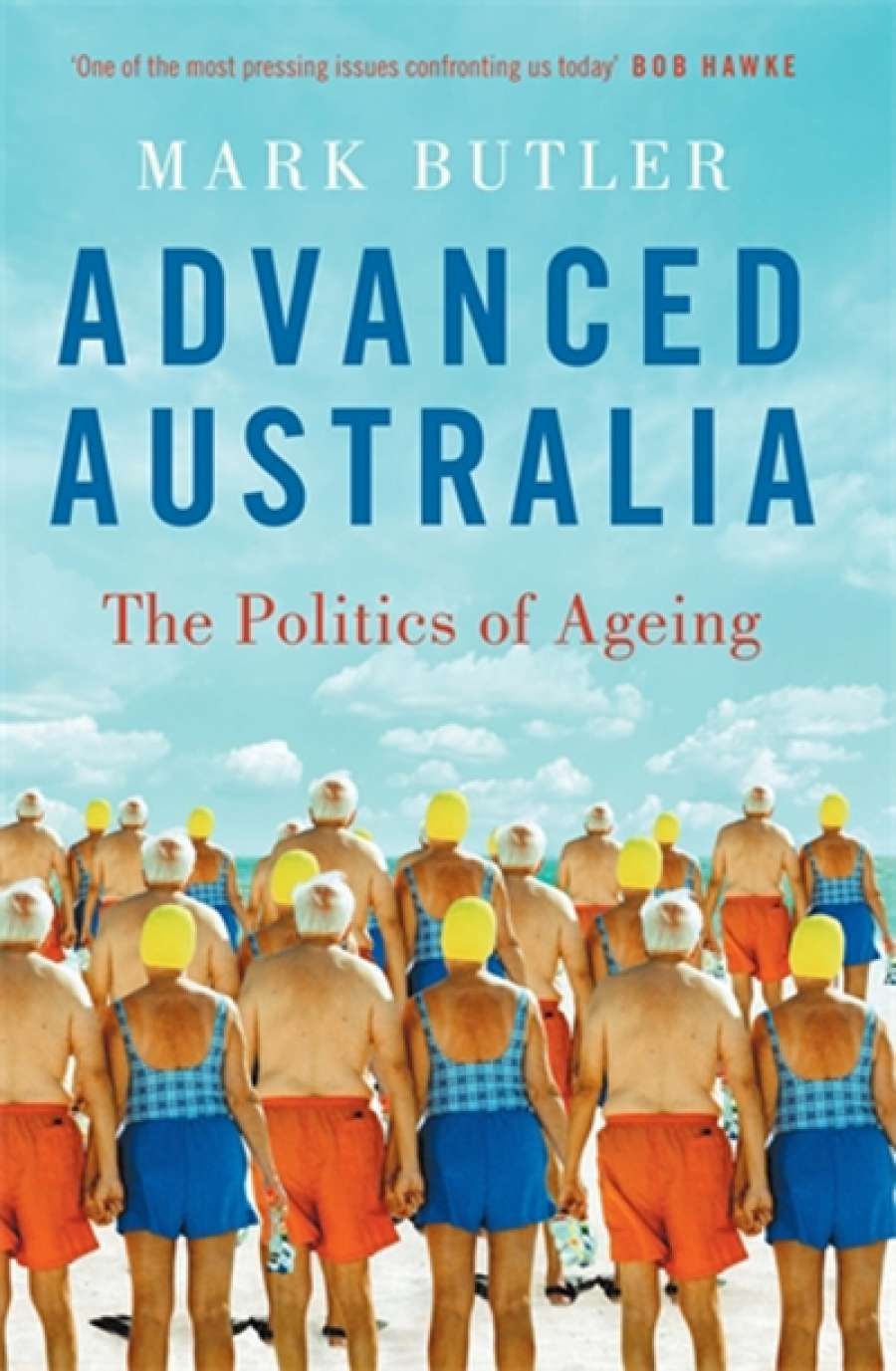
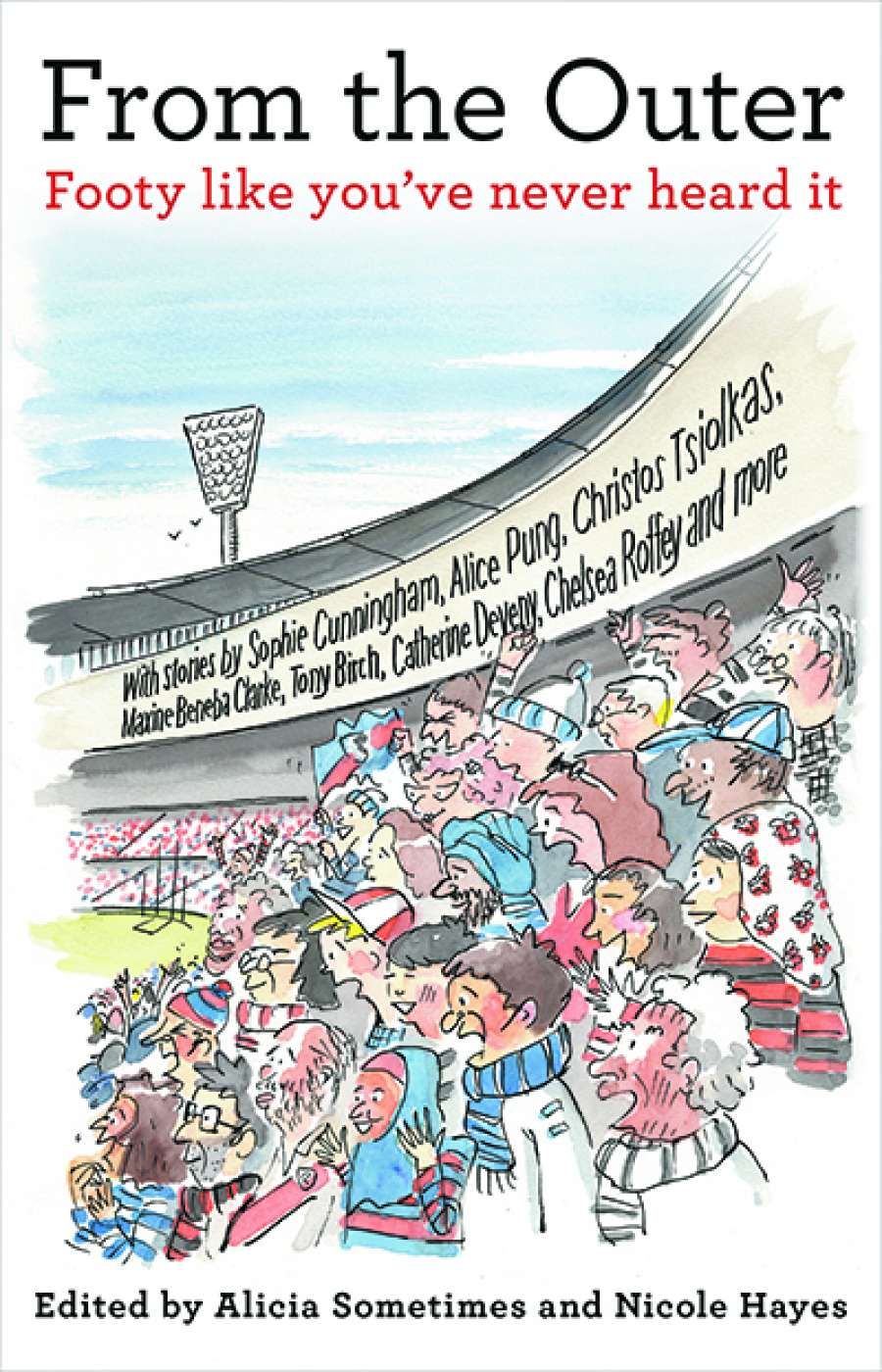
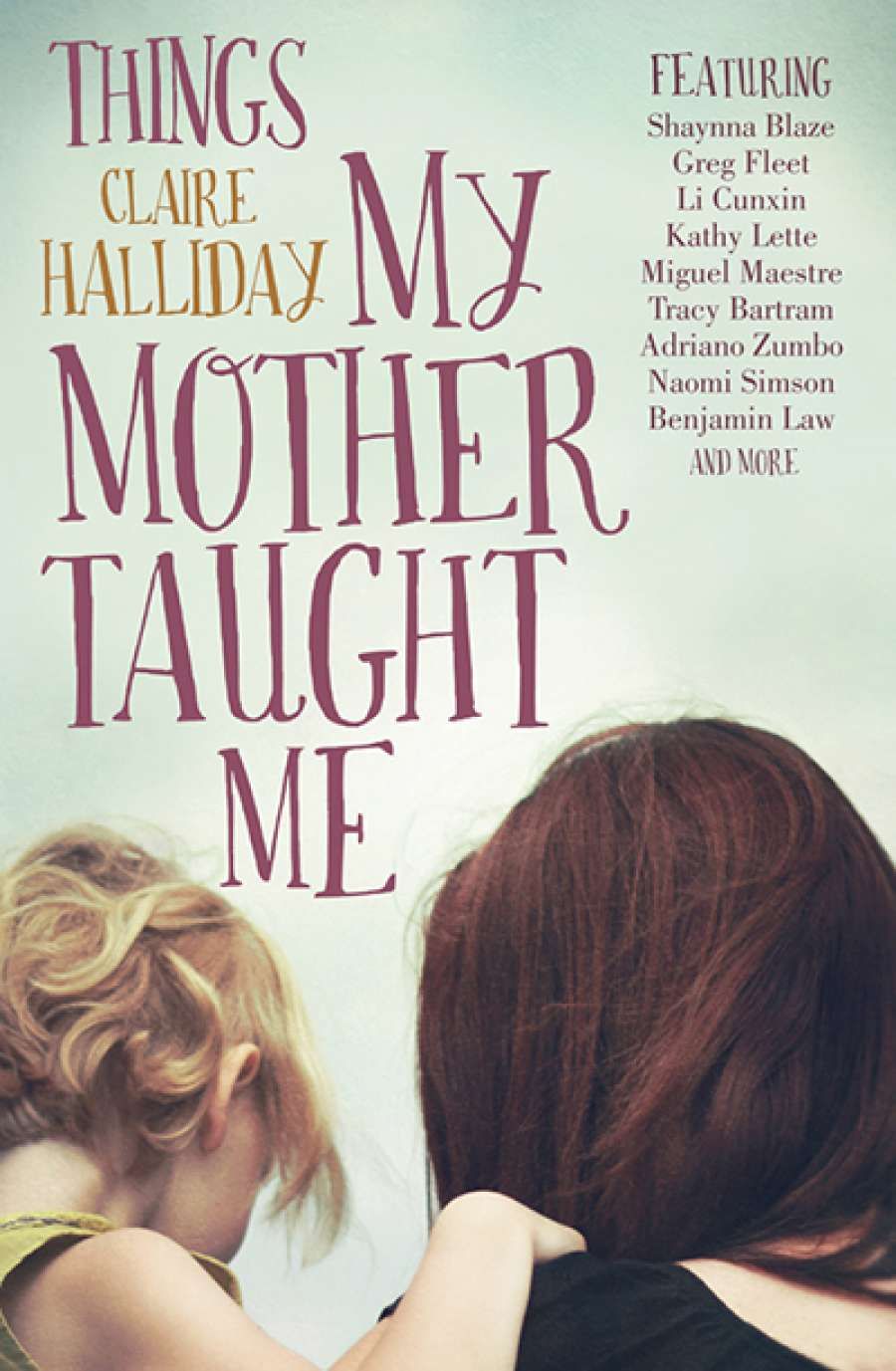
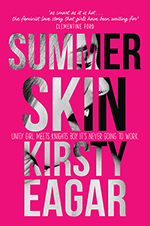 The game for the Unity girls is to lure a Knights boy back to their room, tie him up, and, after giving him a 'creative makeover', post the photographic evidence on Instagram, the winner to get a Knights jersey. It is the stealing of this jersey that occupies Jess for the opening chapters and puts her on a collision course with Mitch Crawford, the handsome and arrogant rugby champ who has his own reason for wanting that stolen jersey. A 'meet cute' then, followed by Jess and the freshers of Unity proving that they are just as adept as the boys at inflicting humiliation amplified by social media.
The game for the Unity girls is to lure a Knights boy back to their room, tie him up, and, after giving him a 'creative makeover', post the photographic evidence on Instagram, the winner to get a Knights jersey. It is the stealing of this jersey that occupies Jess for the opening chapters and puts her on a collision course with Mitch Crawford, the handsome and arrogant rugby champ who has his own reason for wanting that stolen jersey. A 'meet cute' then, followed by Jess and the freshers of Unity proving that they are just as adept as the boys at inflicting humiliation amplified by social media.